No USB? No Problem!
Grainuum: A software-only USB stack for 48 MHz ARM Cortex M0+ CPUs.
Created by Sean Cross / @xobs
Talk Outline
- Why do this thing?
- How it's made
- What now?
About me
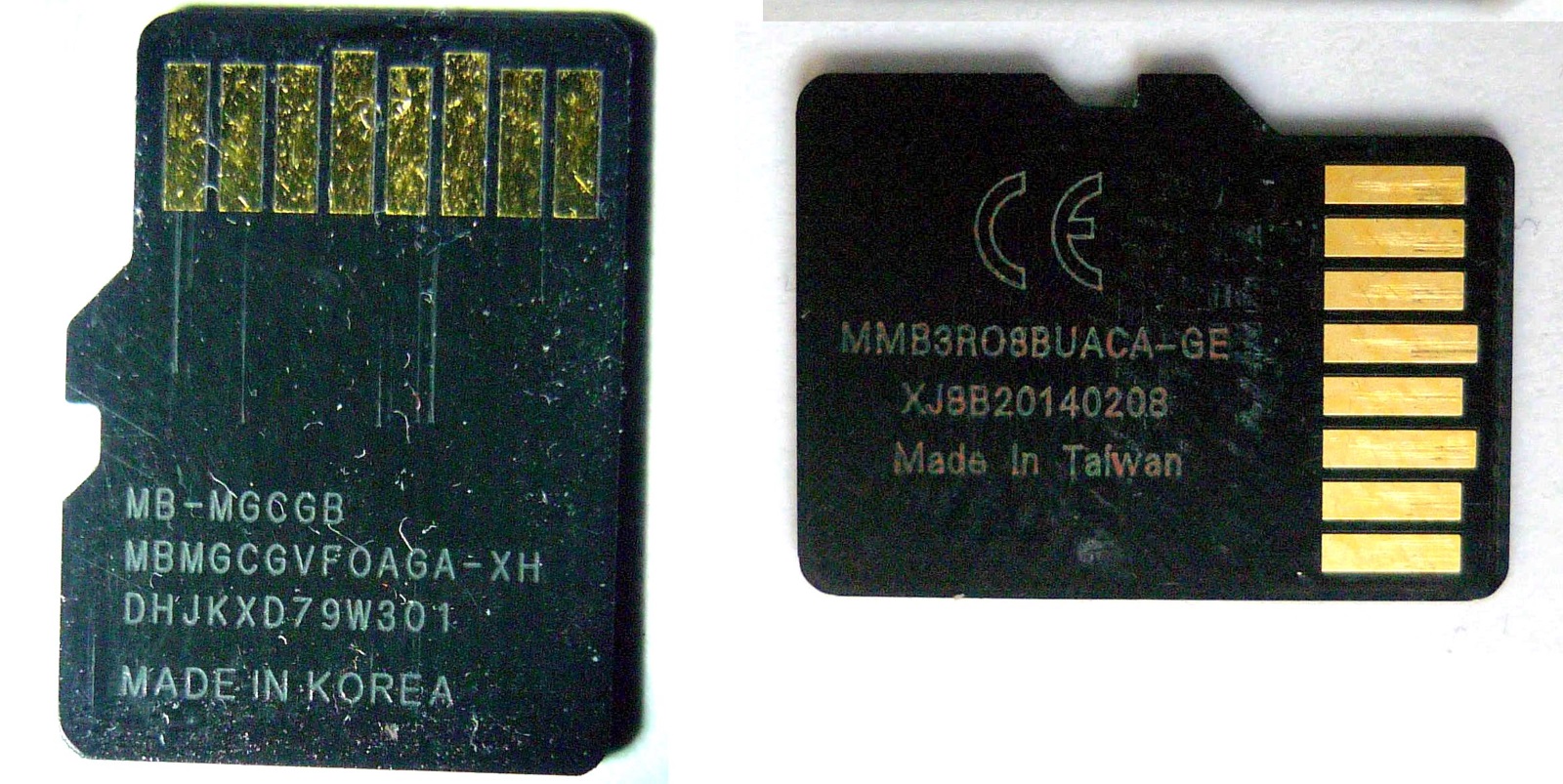
Image © 2014 Wikipedia (No author defined)
About me
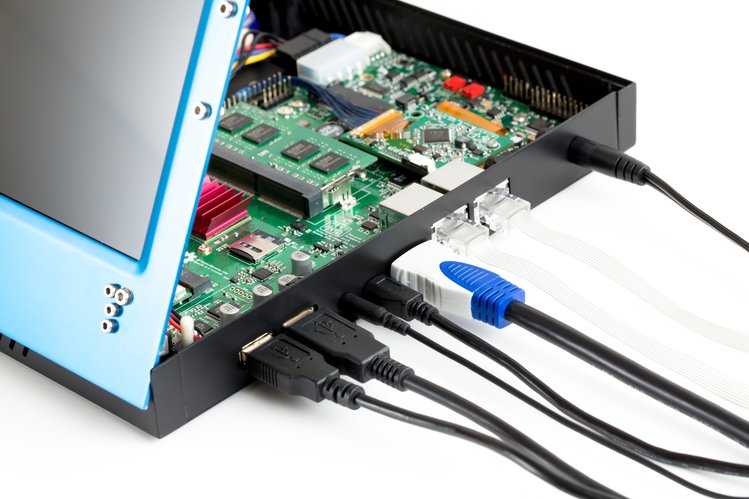
Image © 2014 Crowd Supply
About me
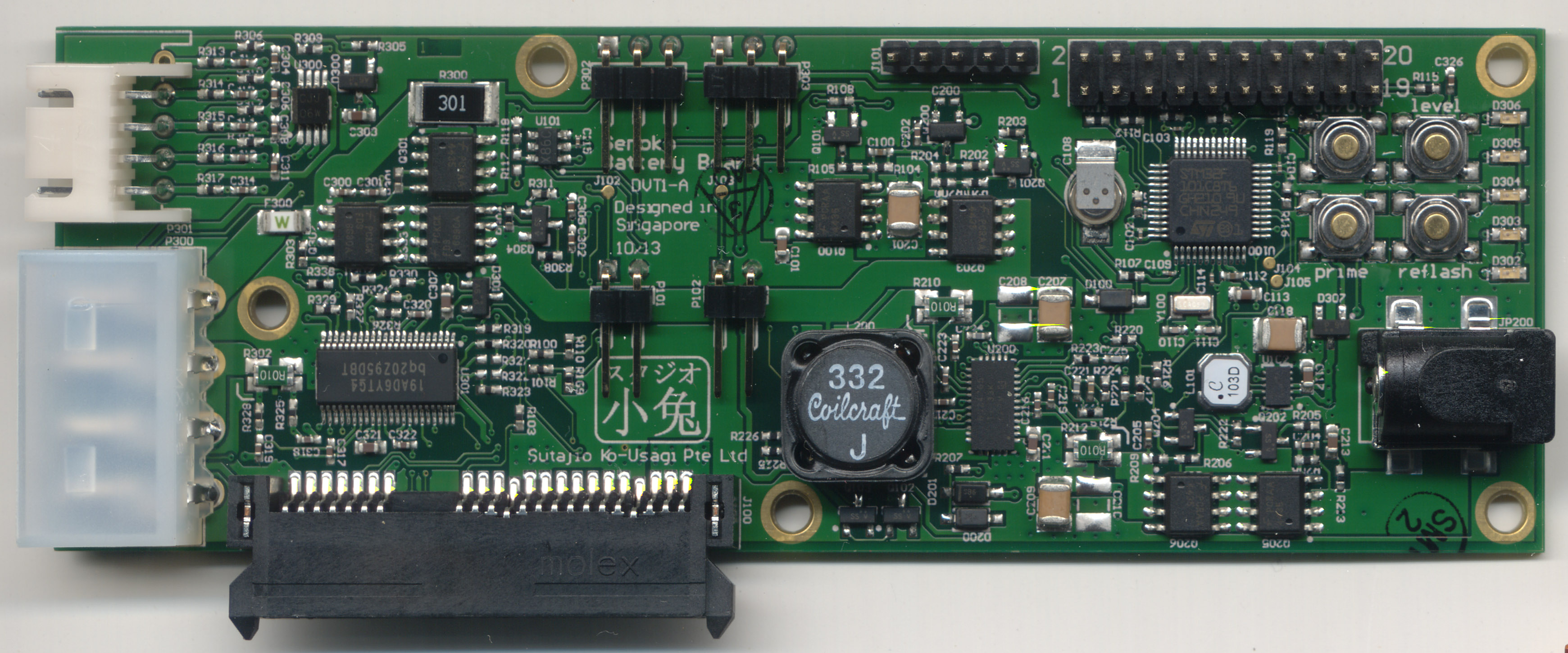
Image © 2014 Crowd Supply
Takeaways
- A better understanding low-level USB
- Tricks to improve your embedded programming
- Know what's important and what's not
Why do this thing?
USB is easy*
*Easy for users, that is
C:\> SET BLASTER=A220 I5 D1USB is Everywhere
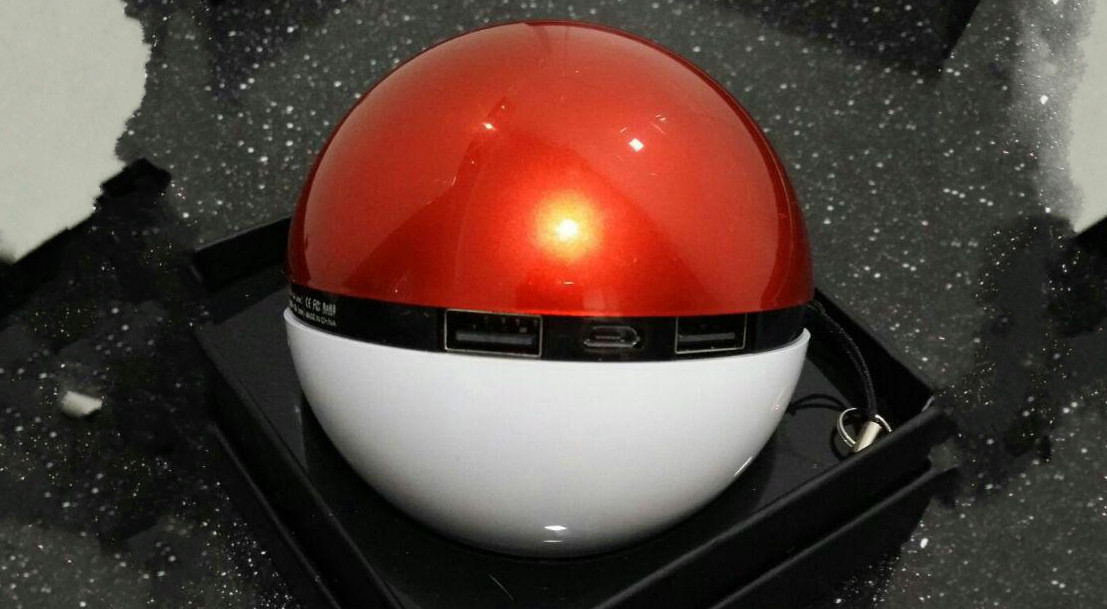 Photo © 2016 Pauline Lim
Photo © 2016 Pauline Lim
Fernvale
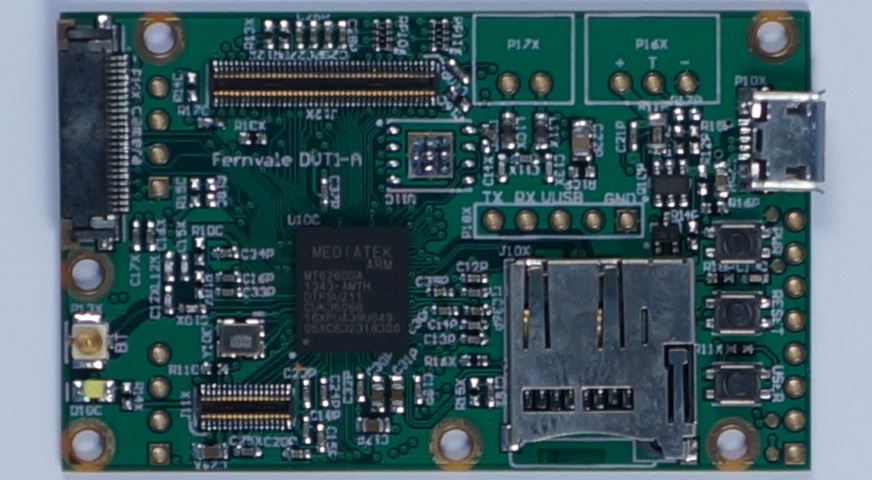
Orchard (Burning Man)
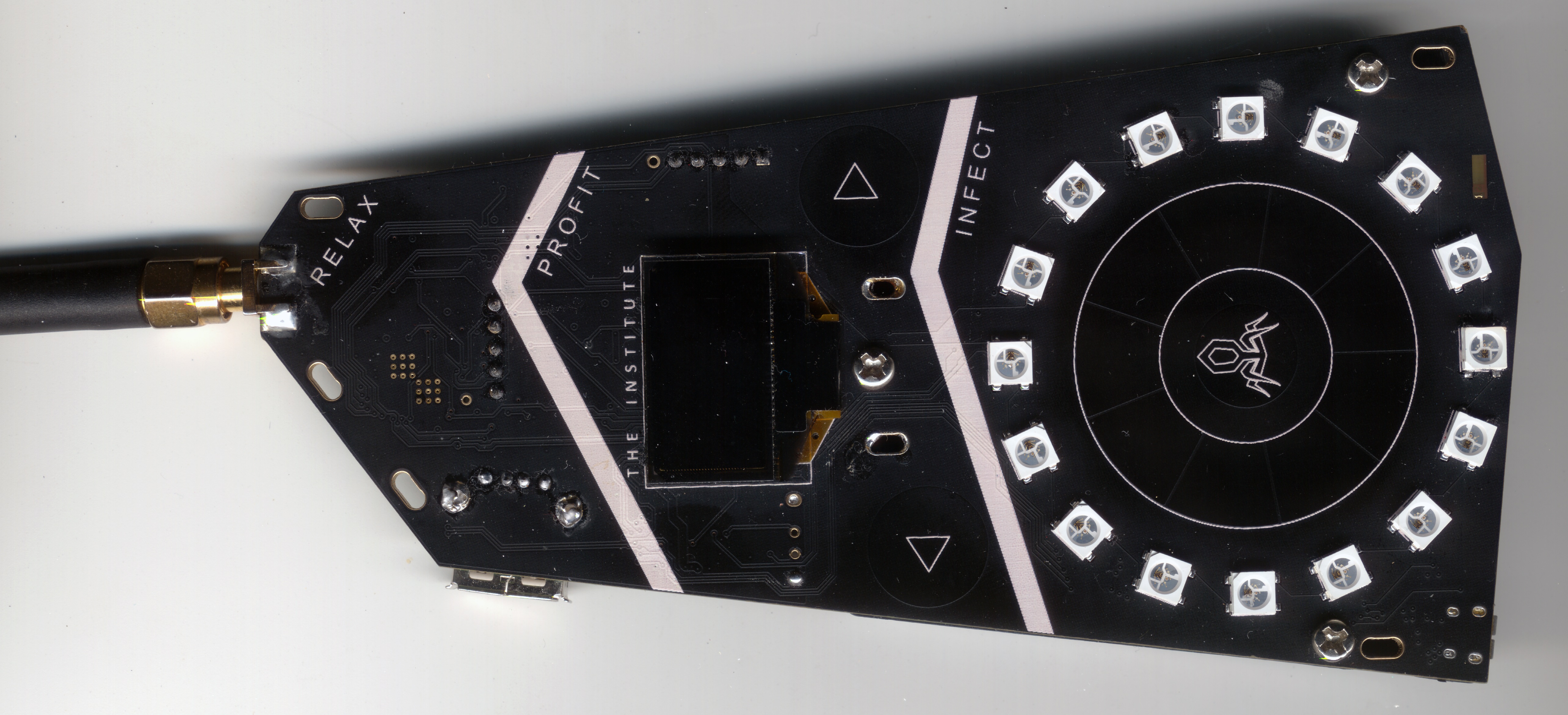
Orchard (Burning Man)
Orchard (Burning Man)
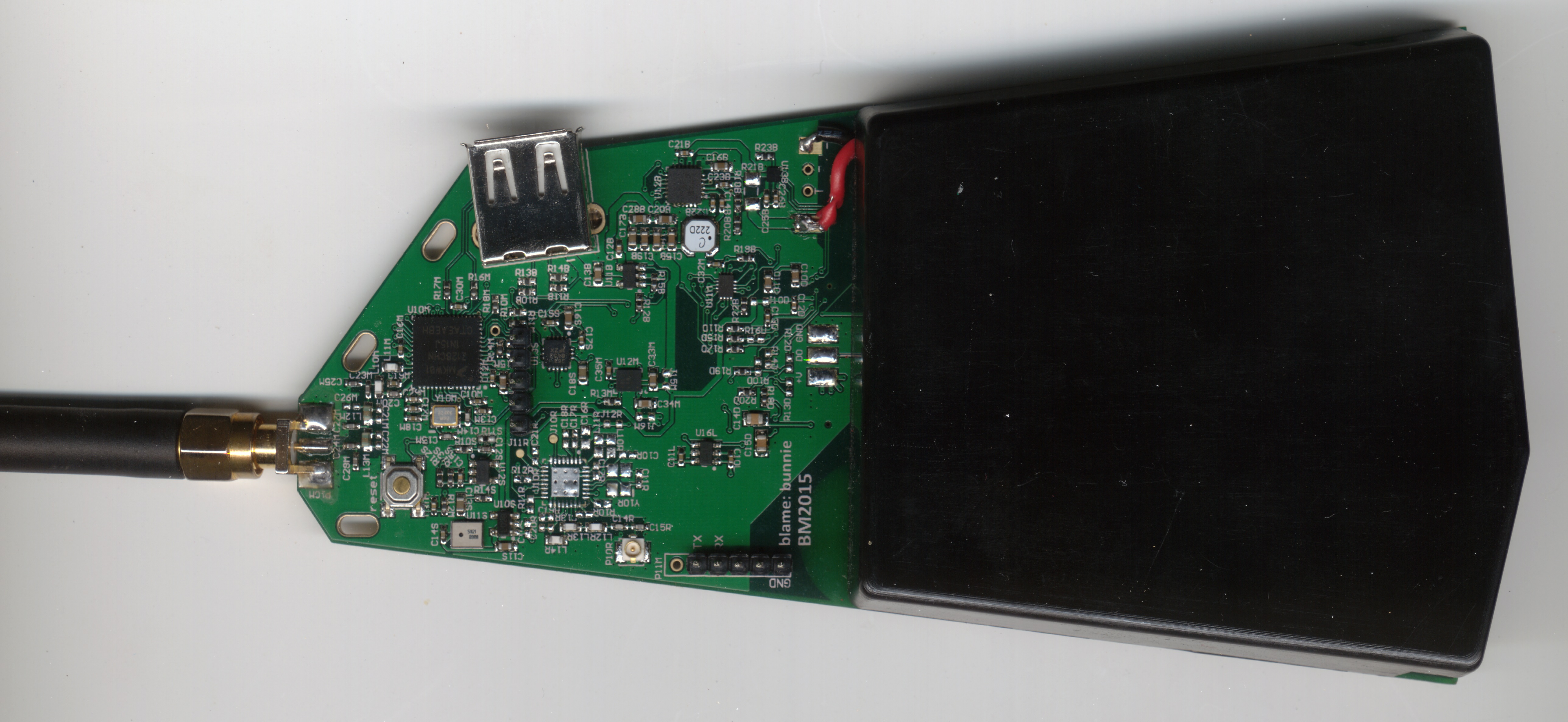
Orchard (MIT)
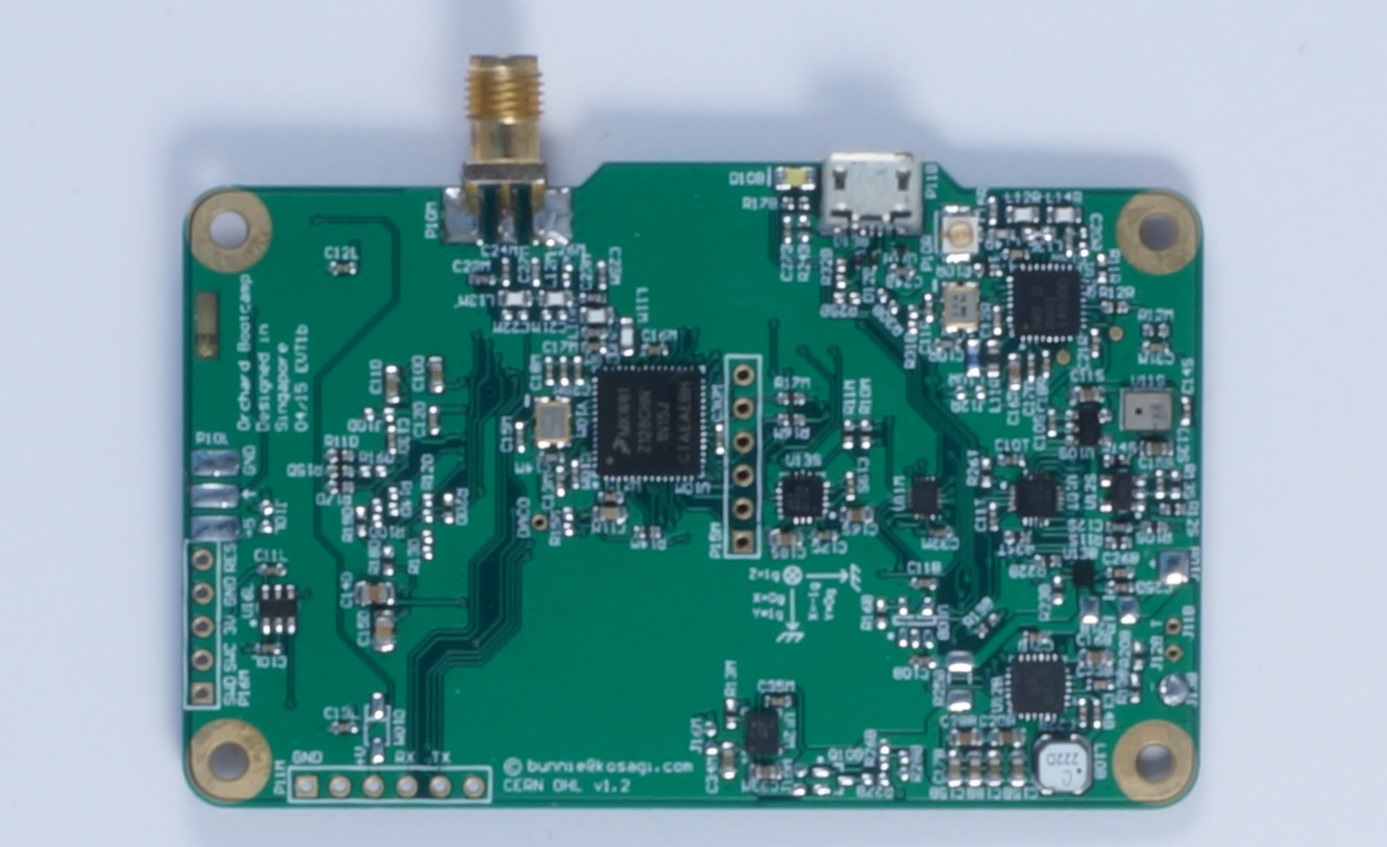
Gaming Controllers
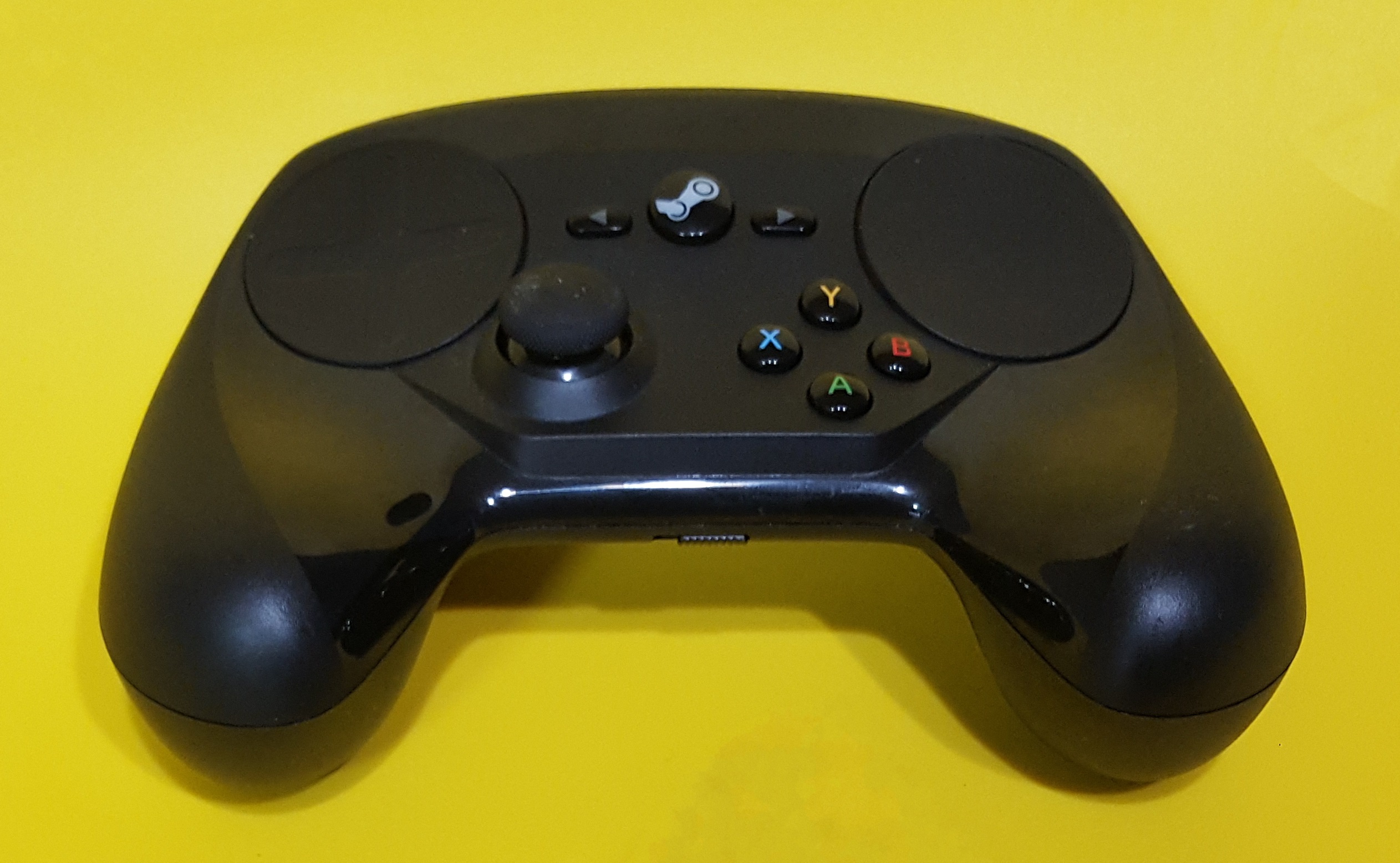
Project Palawan
Can it be done?Other Software Stacks
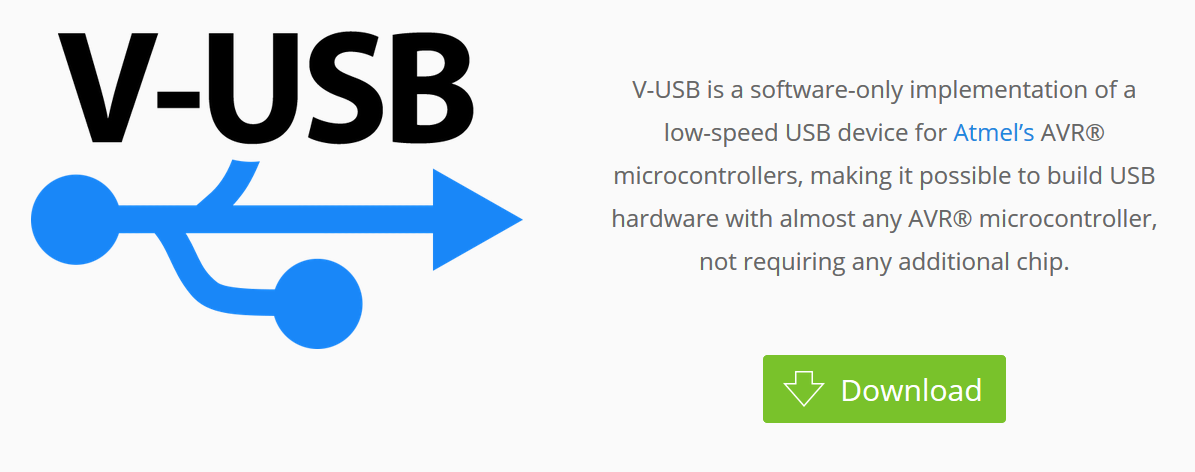
Other Software Stacks
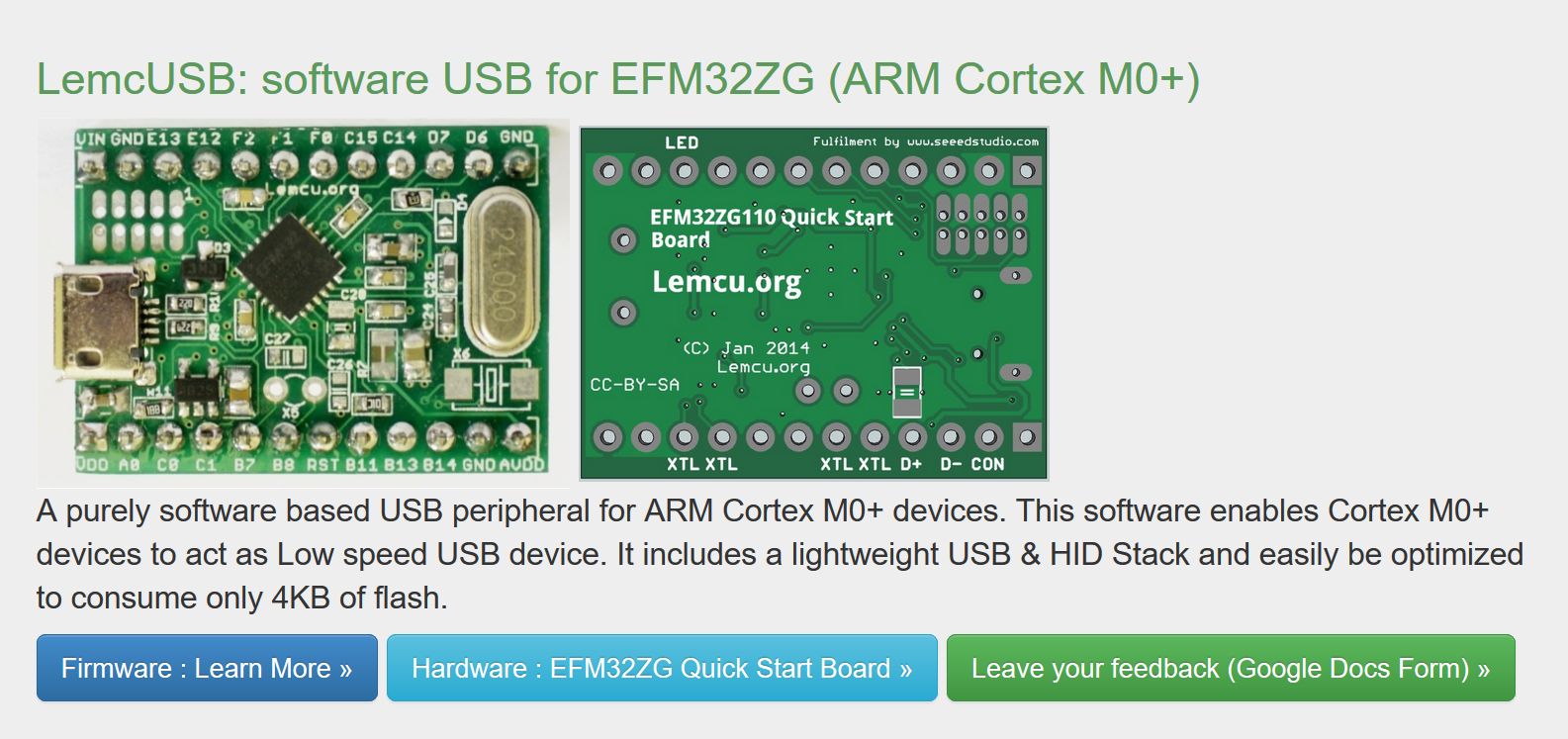
Embedded hardware is a minefield



Special feature: Different D+/D- banks
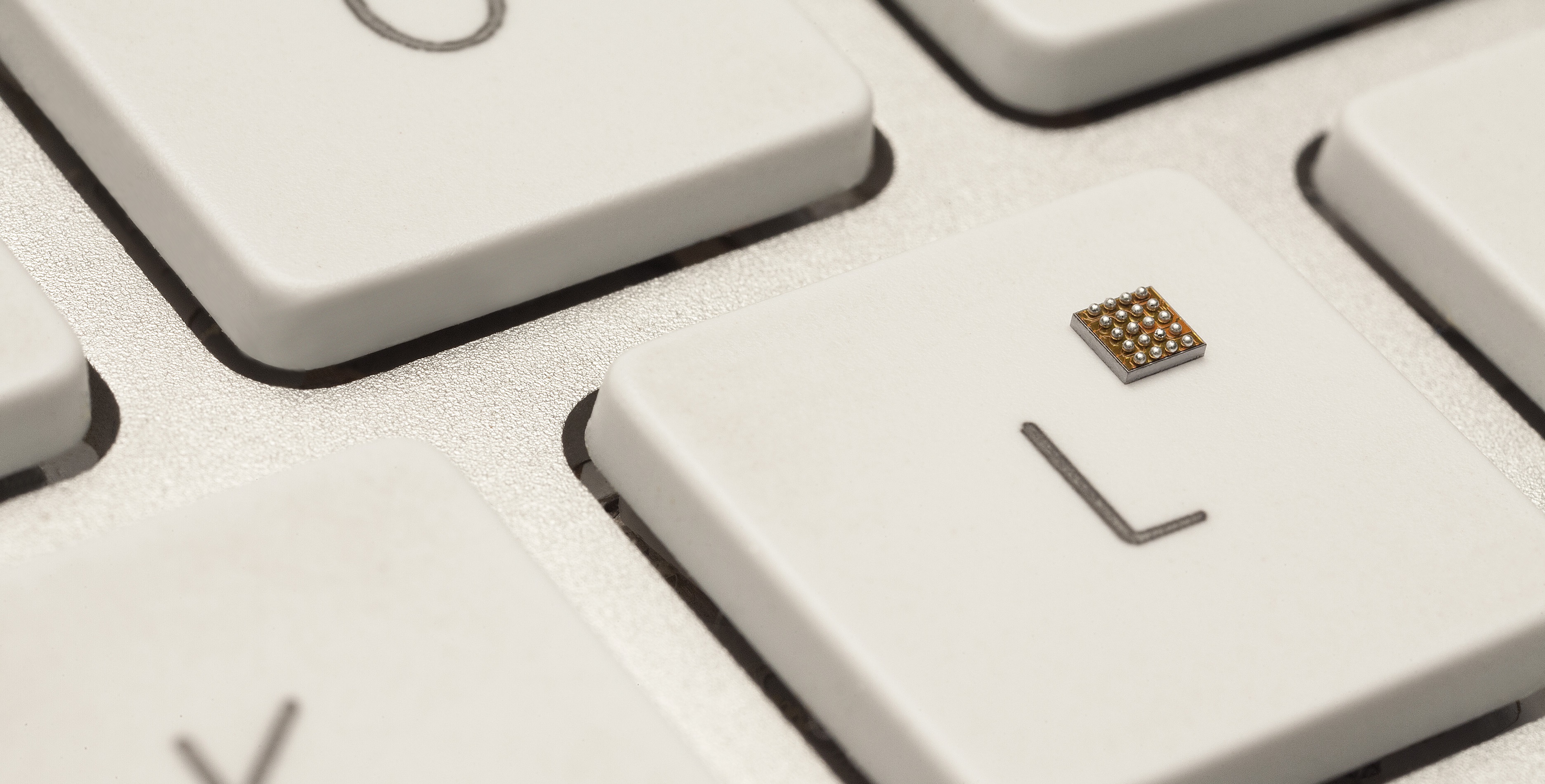 © 2013 Freescale (NXP? Qualcomm?)
© 2013 Freescale (NXP? Qualcomm?)
USB LS signalling is 1.5 MHz
On a 48 MHz chip, that gives us 32 clock cycles per bitThe target CPU: Cortex-M0+ @ 48 MHz
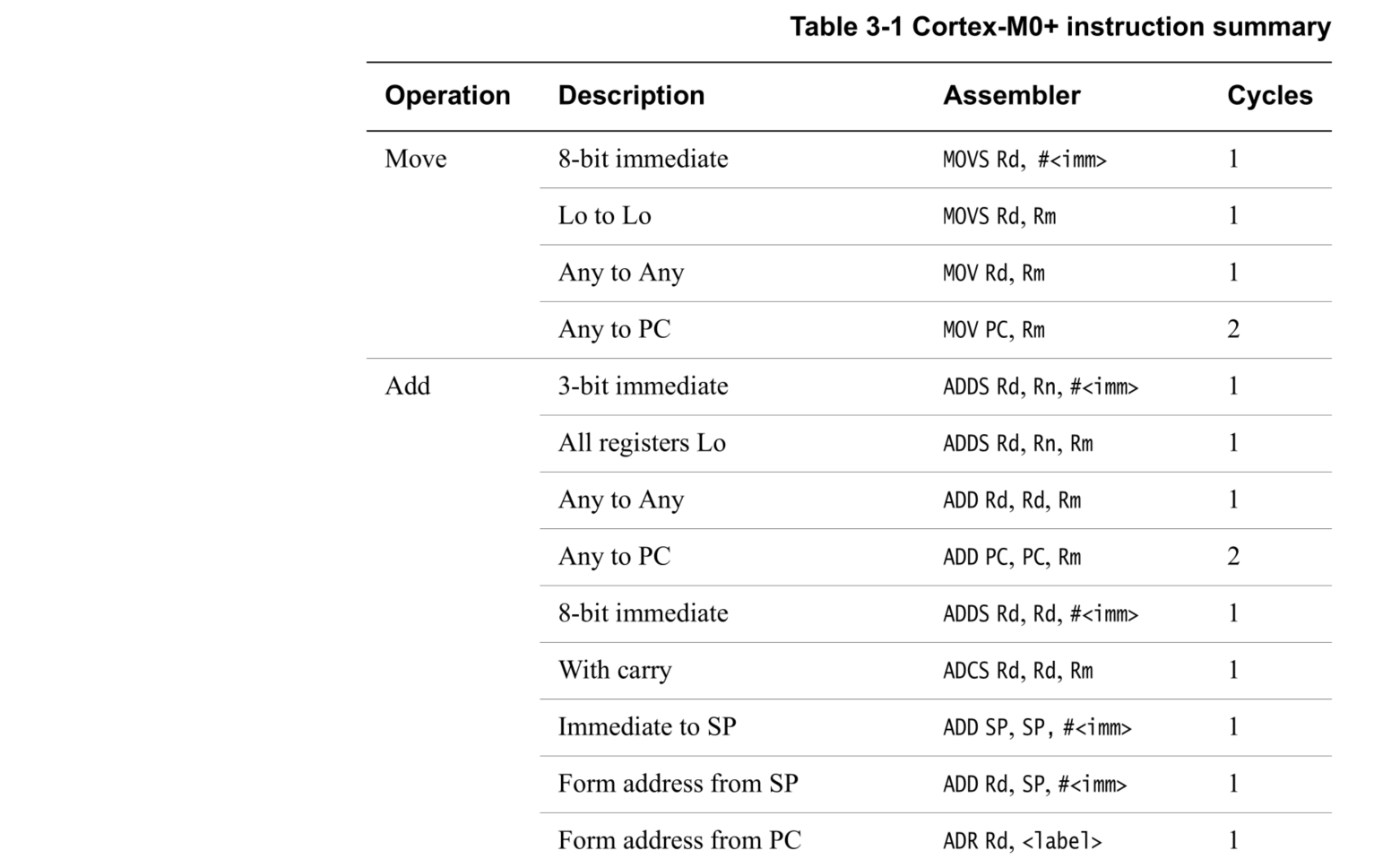
Palawan
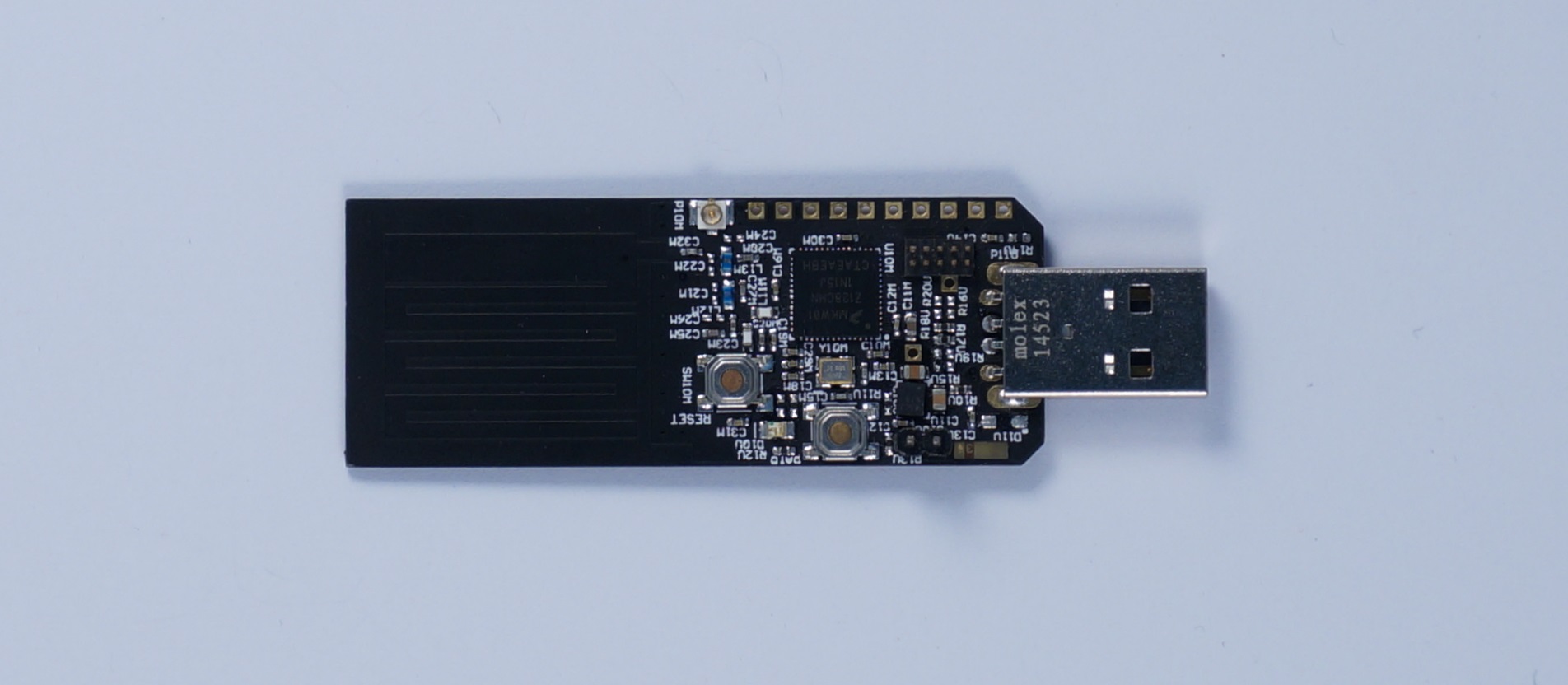 Palawan, running Grainuum USB stack
Palawan, running Grainuum USB stack
How it's made
Grainuum Architecture
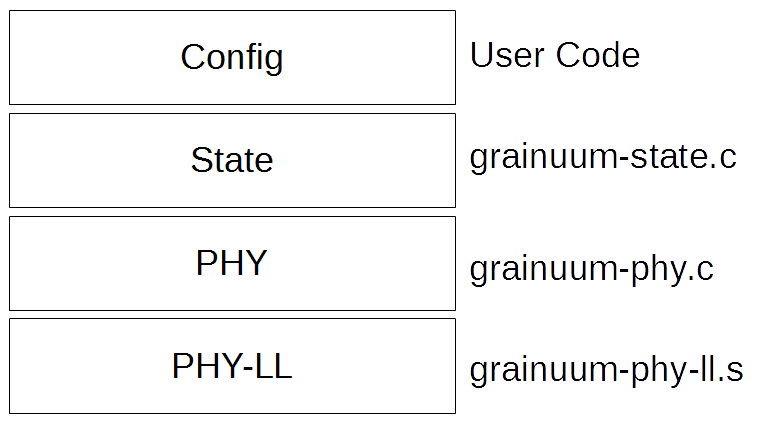
USB Electrical
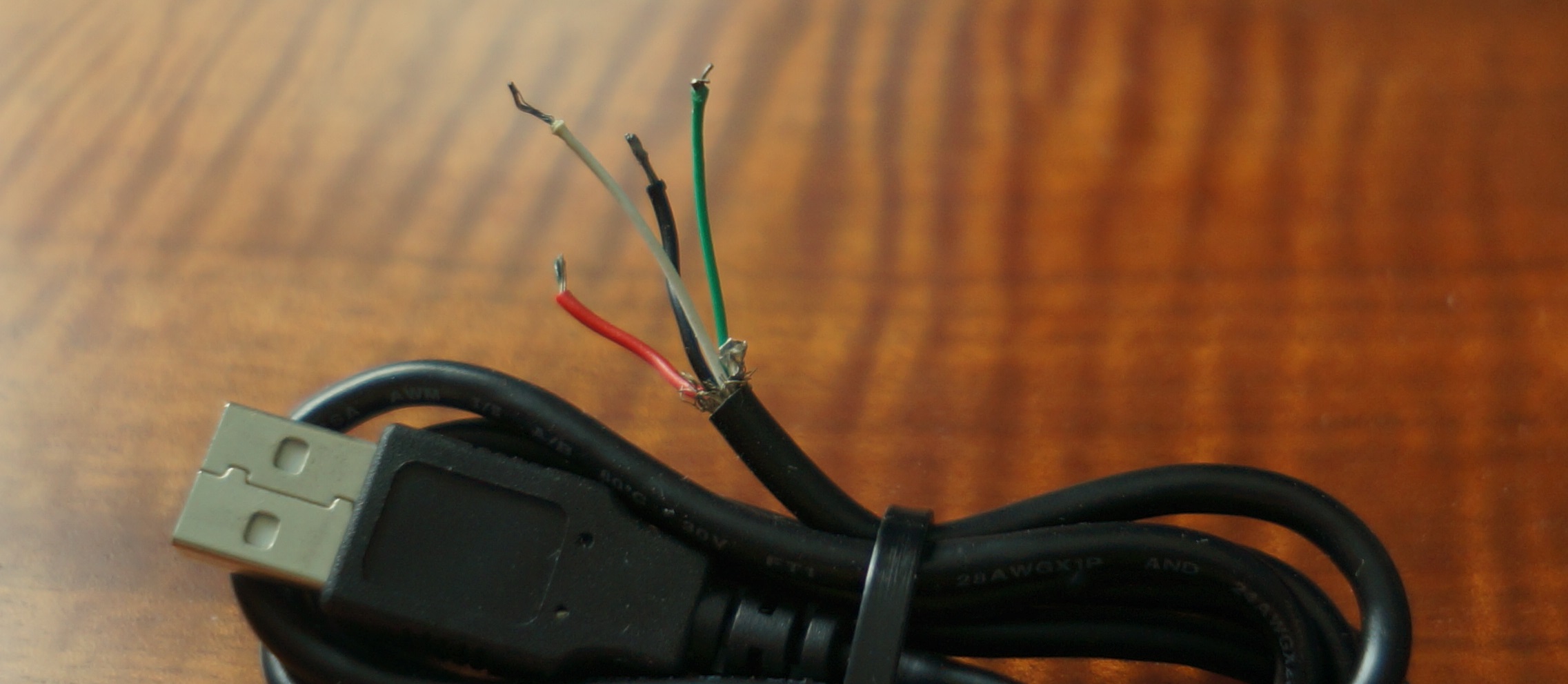
Palawan USB Schematic
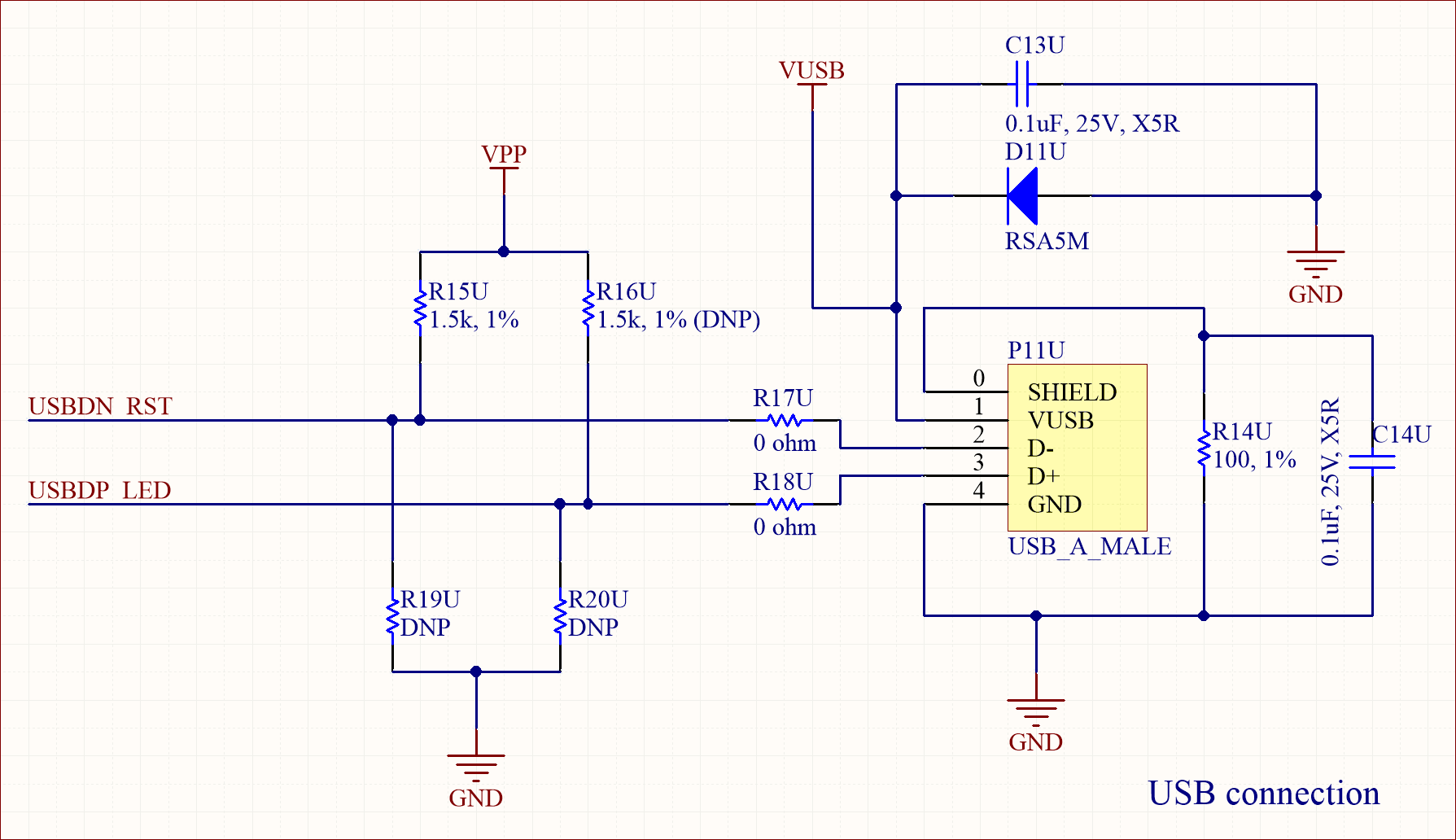
Palawan USB Schematic
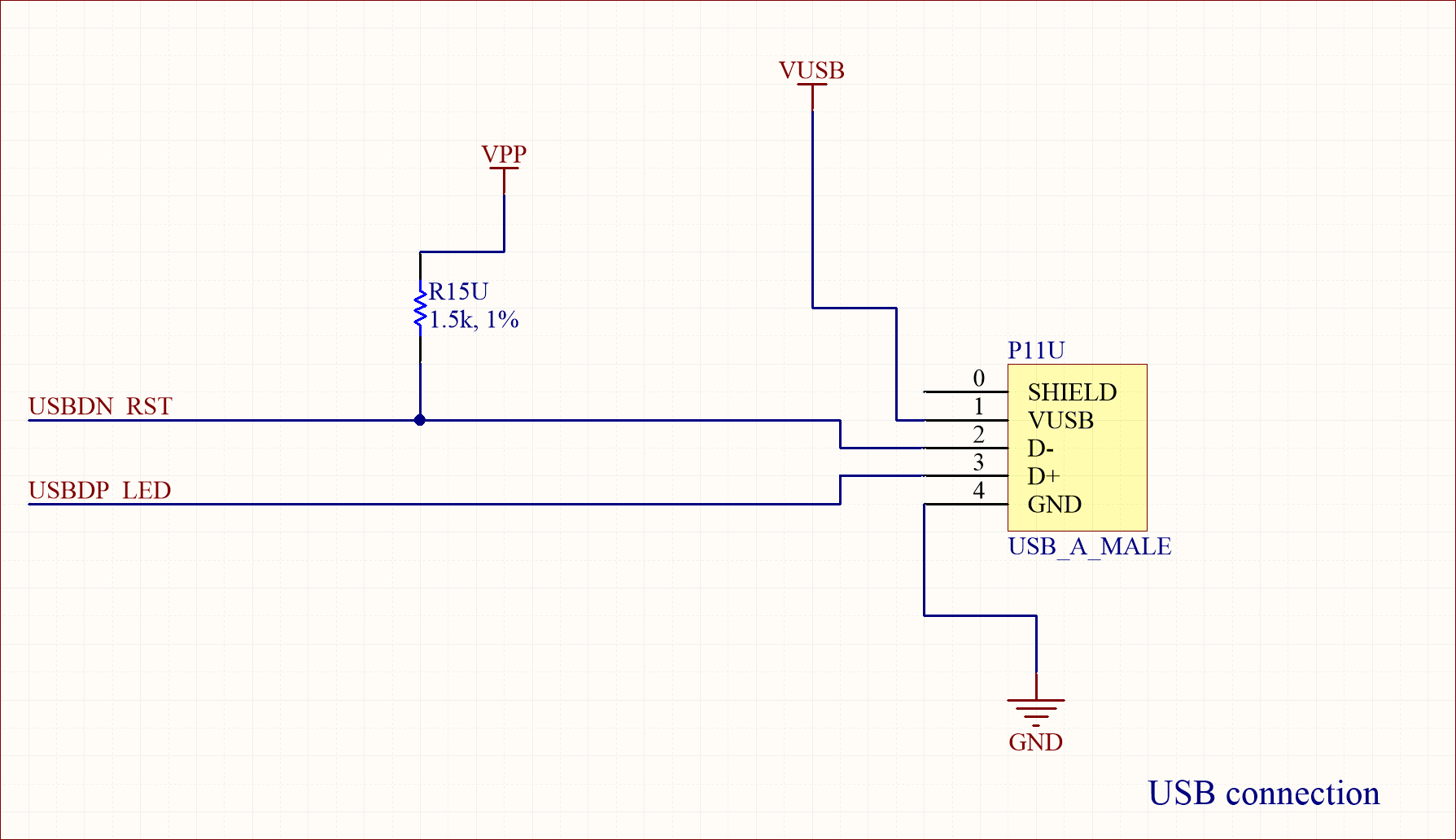
Palawan USB Traces
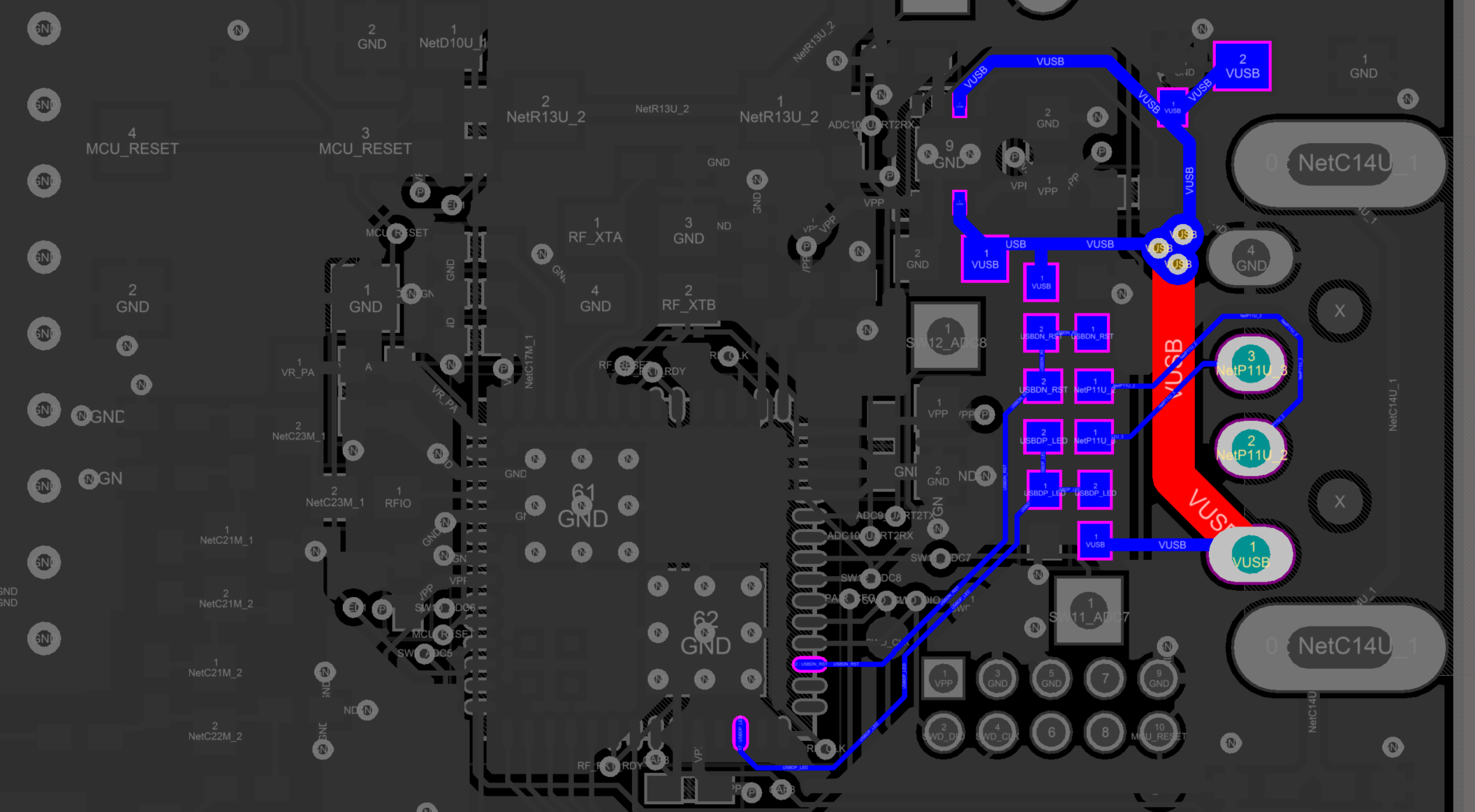
Detecting USB


USB Signaling
States
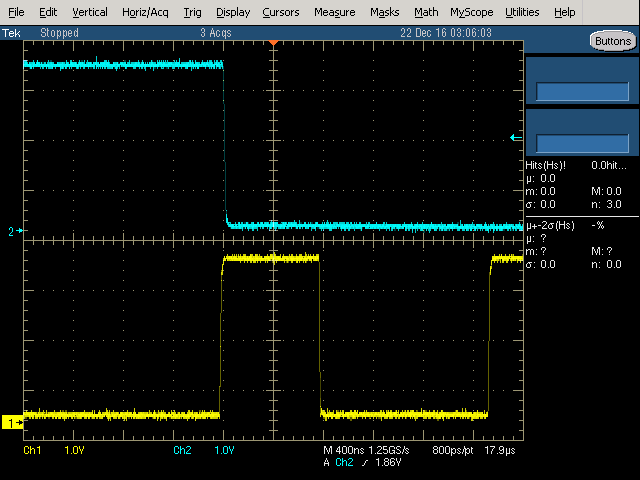 Last part of a USB packet
Last part of a USB packet
States
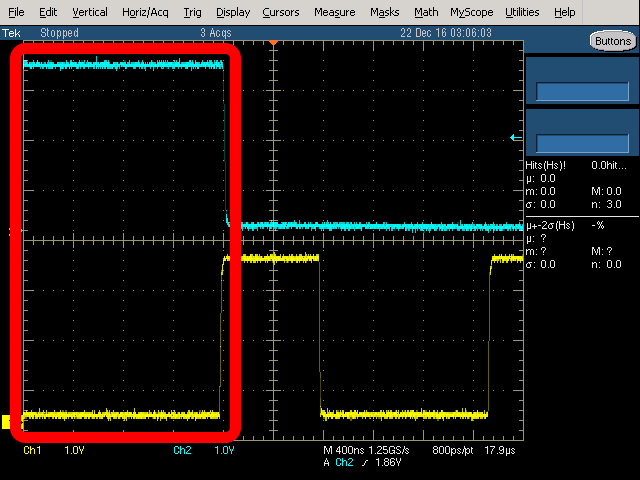 K-state
K-state
States
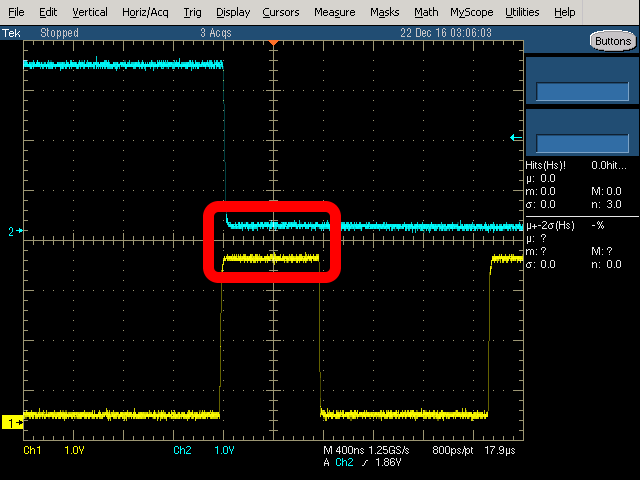 J-state
J-state
States
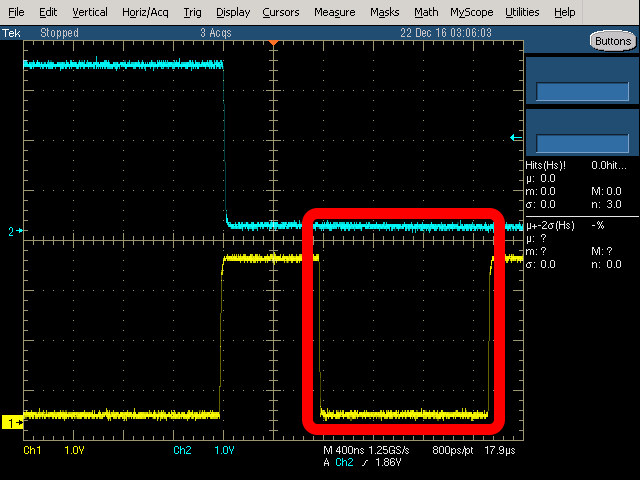 SE0-state
SE0-state
States
 SE1-state?
SE1-state?
Decoding States
| Transition | Value |
|---|---|
| J → J | 0 |
| J → K | 1 |
| K → J | 1 |
| K → K | 0 |

8-bit preamble / sync at start of packet
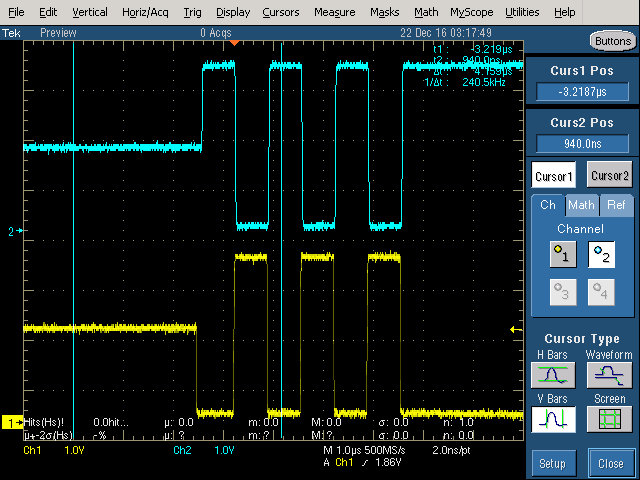
Data section
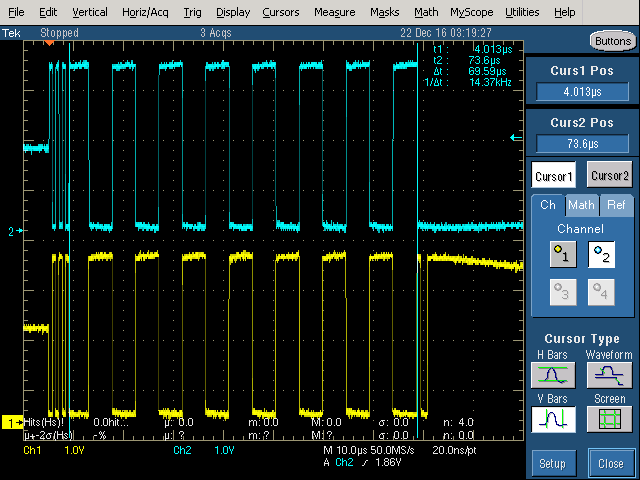
SE0 signals EOP

Bit stuffing
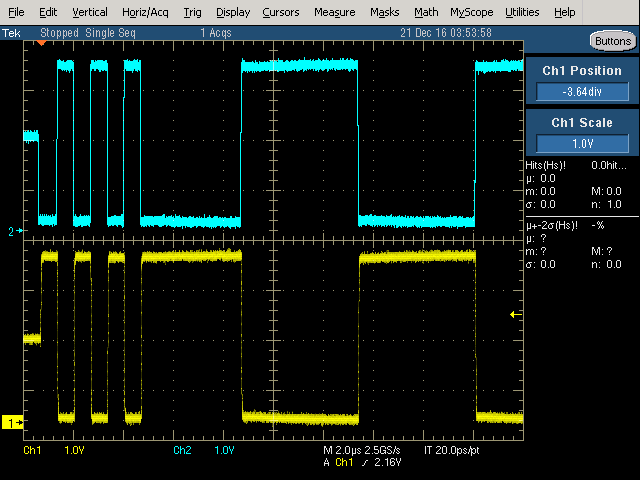
Phy: What's important?
| Important | Not Important |
|---|---|
|
|
What about signal integrity?
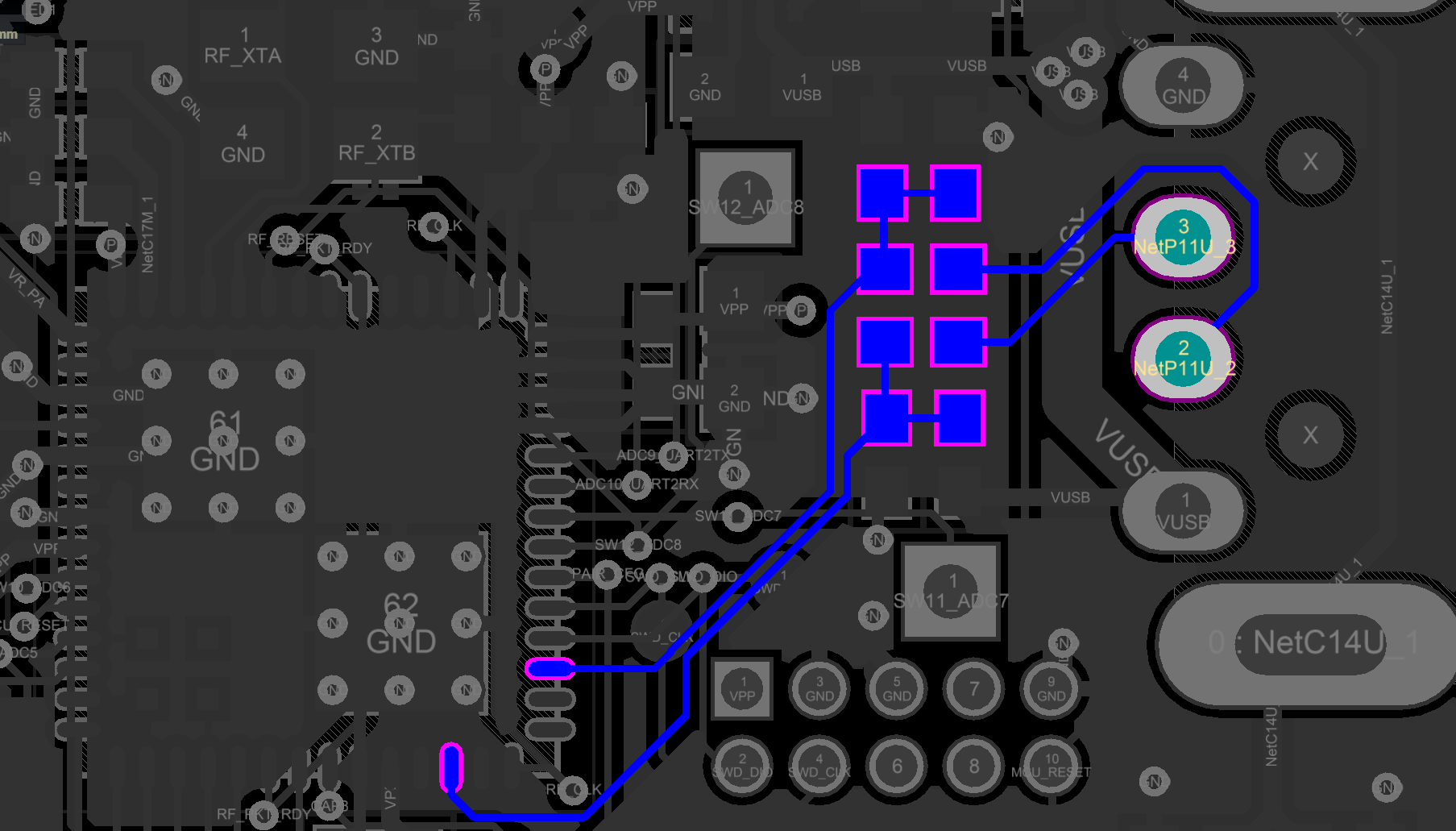
What about signal integrity?
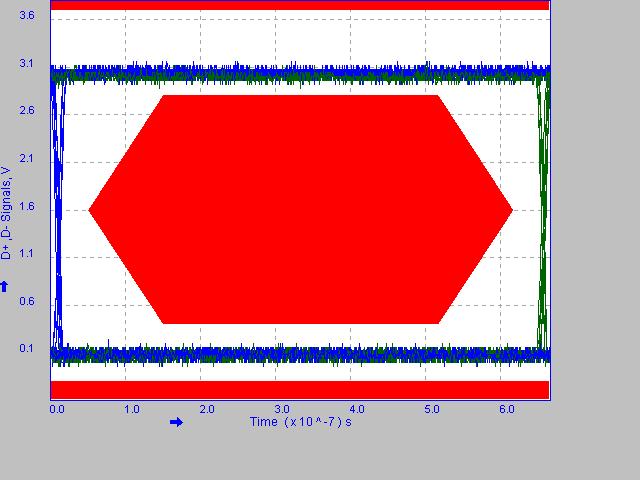
What about signal integrity?
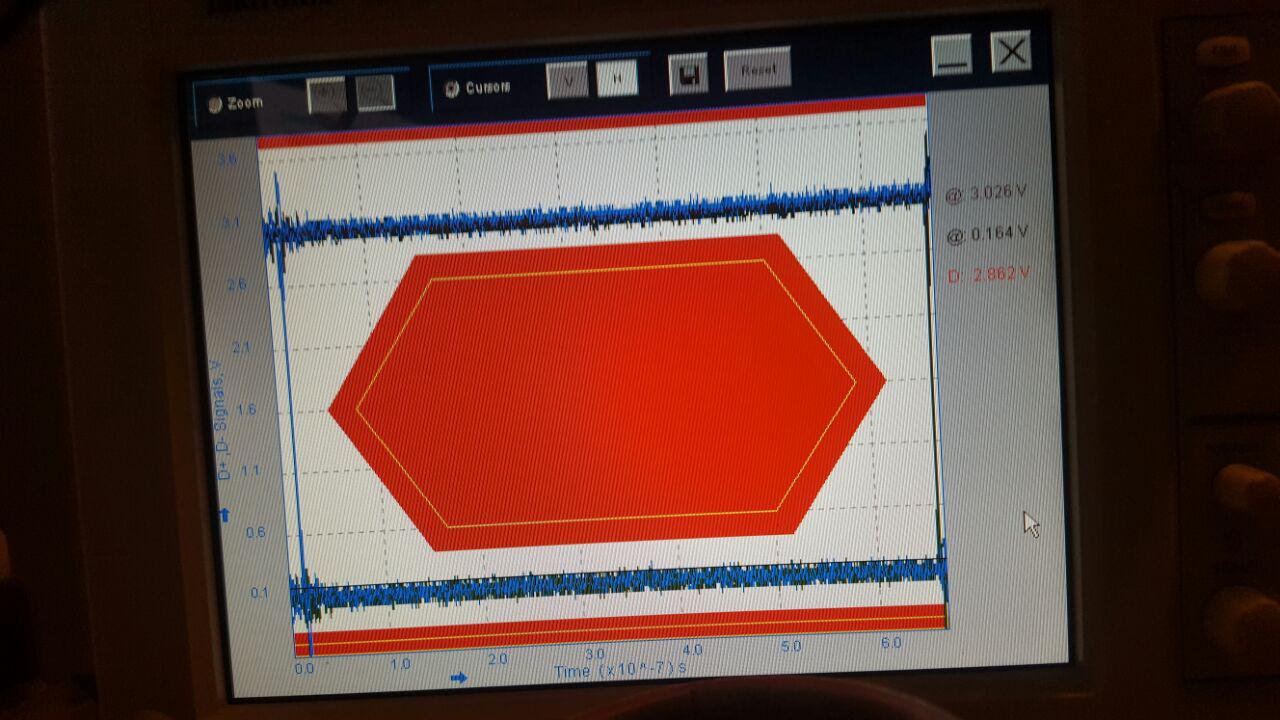
Faster is not always better
What about signal integrity?
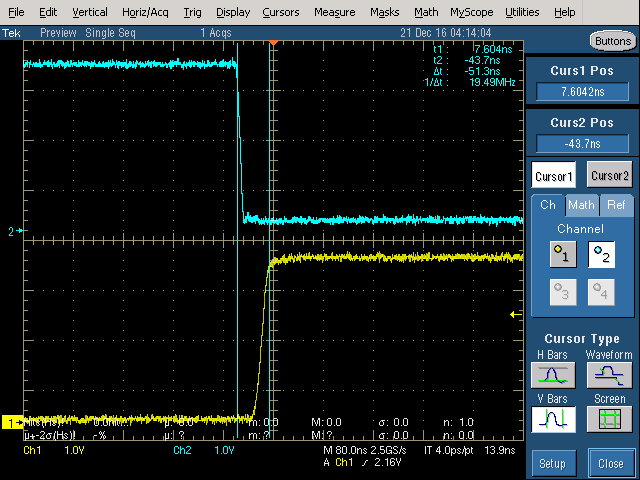
Using a 32.768 kHz Crystal

32768 × 1464 = 47.972352 MHz
Close enough!
Development System Setup
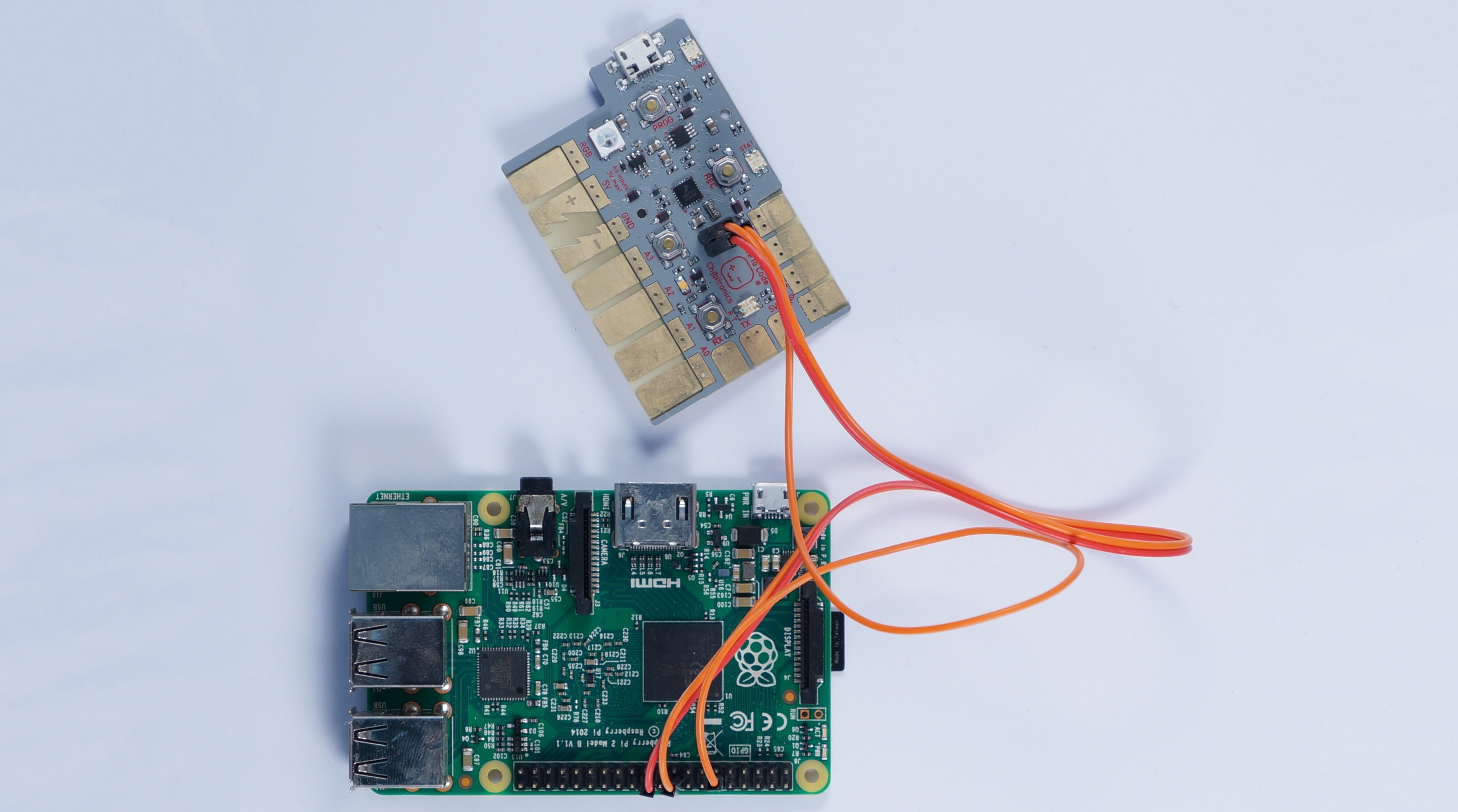
Other Hardware
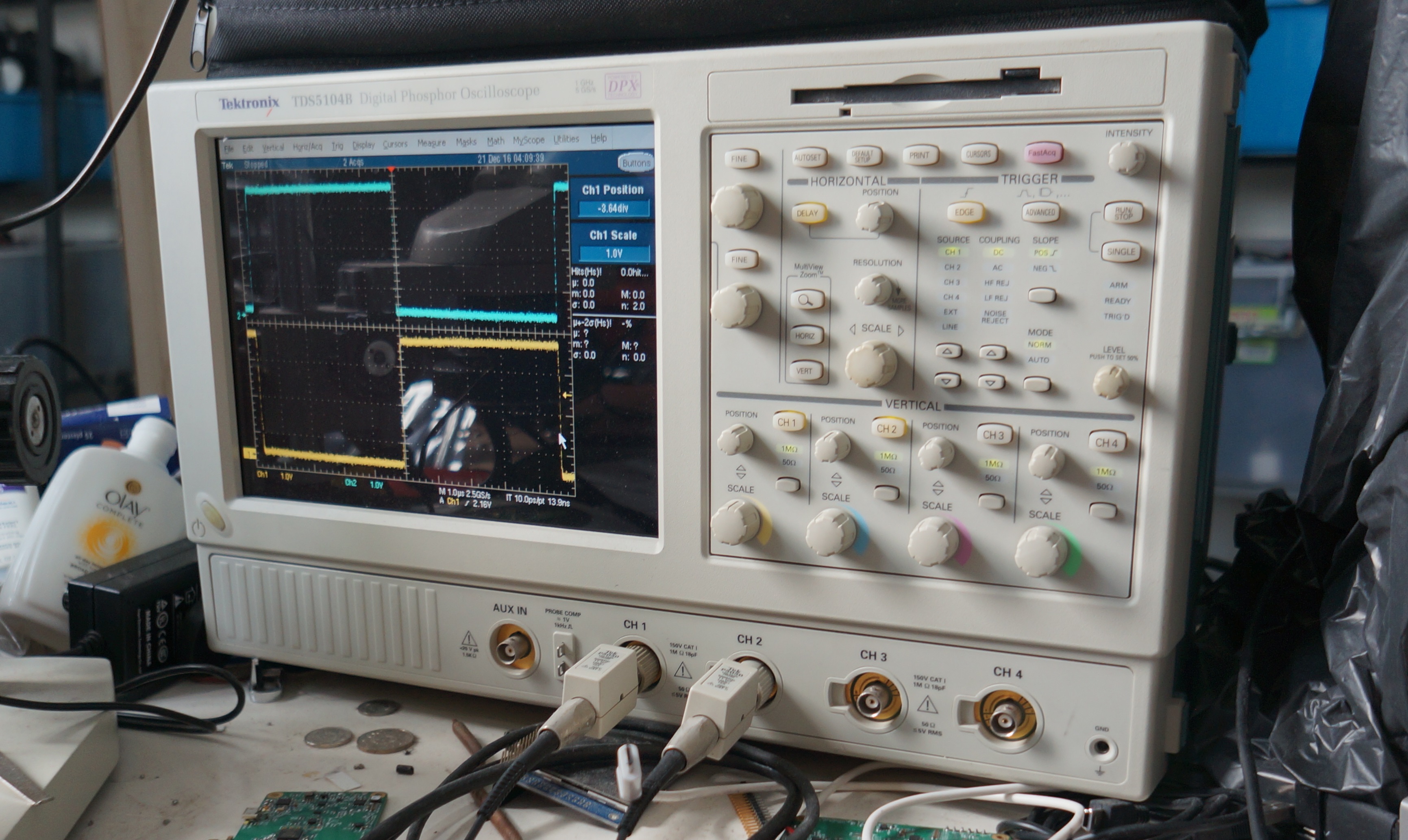
Other Hardware
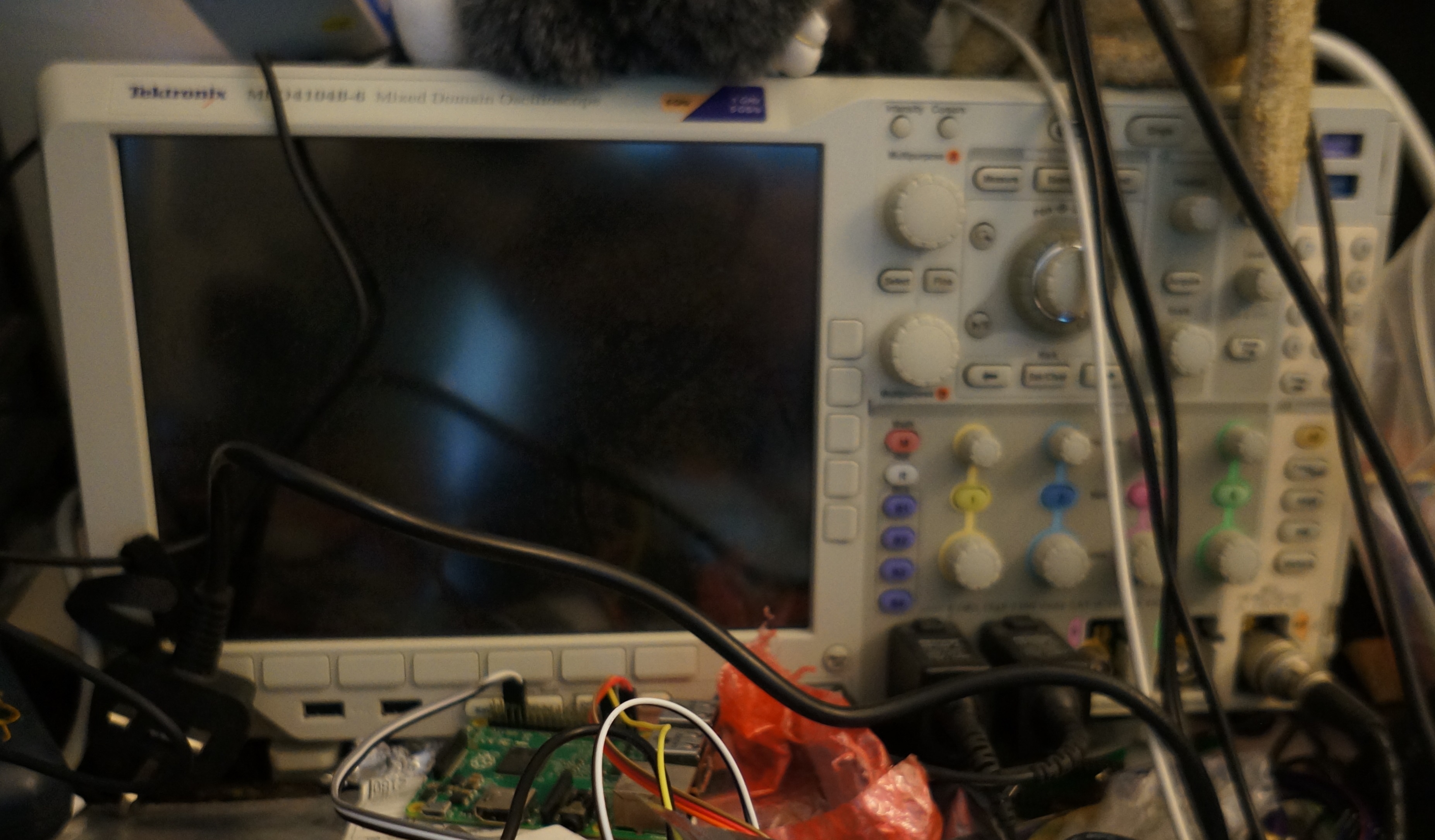
Other Hardware
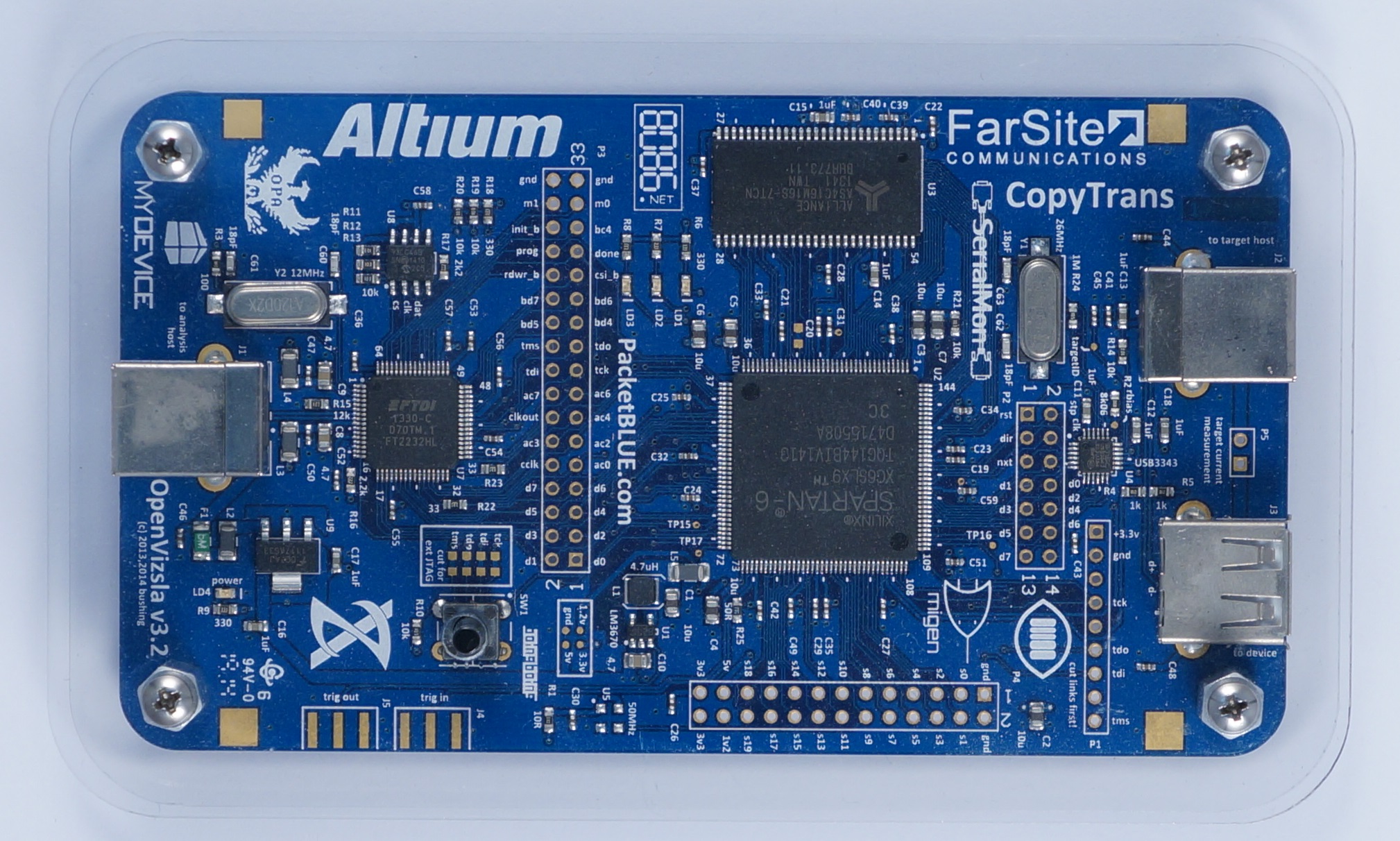
Other Hardware

Low-Level API
int usbPhyReadI(struct GrainuumUSB *usb,
uint8_t samples[11]);
void usbPhyWriteI(struct GrainuumUSB *usb,
const uint8_t buffer[11],
uint32_t count);grainuum-phy-ll.s
void grainuumCaptureI(struct GrainuumUSB *usb,
uint8_t packet[12]);grainuum-phy.cProgramming Tricks
Run from RAM to get cycle-accuracy
.section .ramtextgrainuum-phy-ll.s .data :
{
. = ALIGN(4);
*(.data .data.*)
. = ALIGN(4);
*(.ramtext)
} > ram AT > flashKL02Z32-app.ldUse registers for storing data
mov wpaddr, wdpclrreg // 1 cycle
ldr wnaddr, [sp, #0] // 2 cycles
ldr rval, [rreg] // 1 cycle (Single-cycle port)Hook the writer to the reader for testing
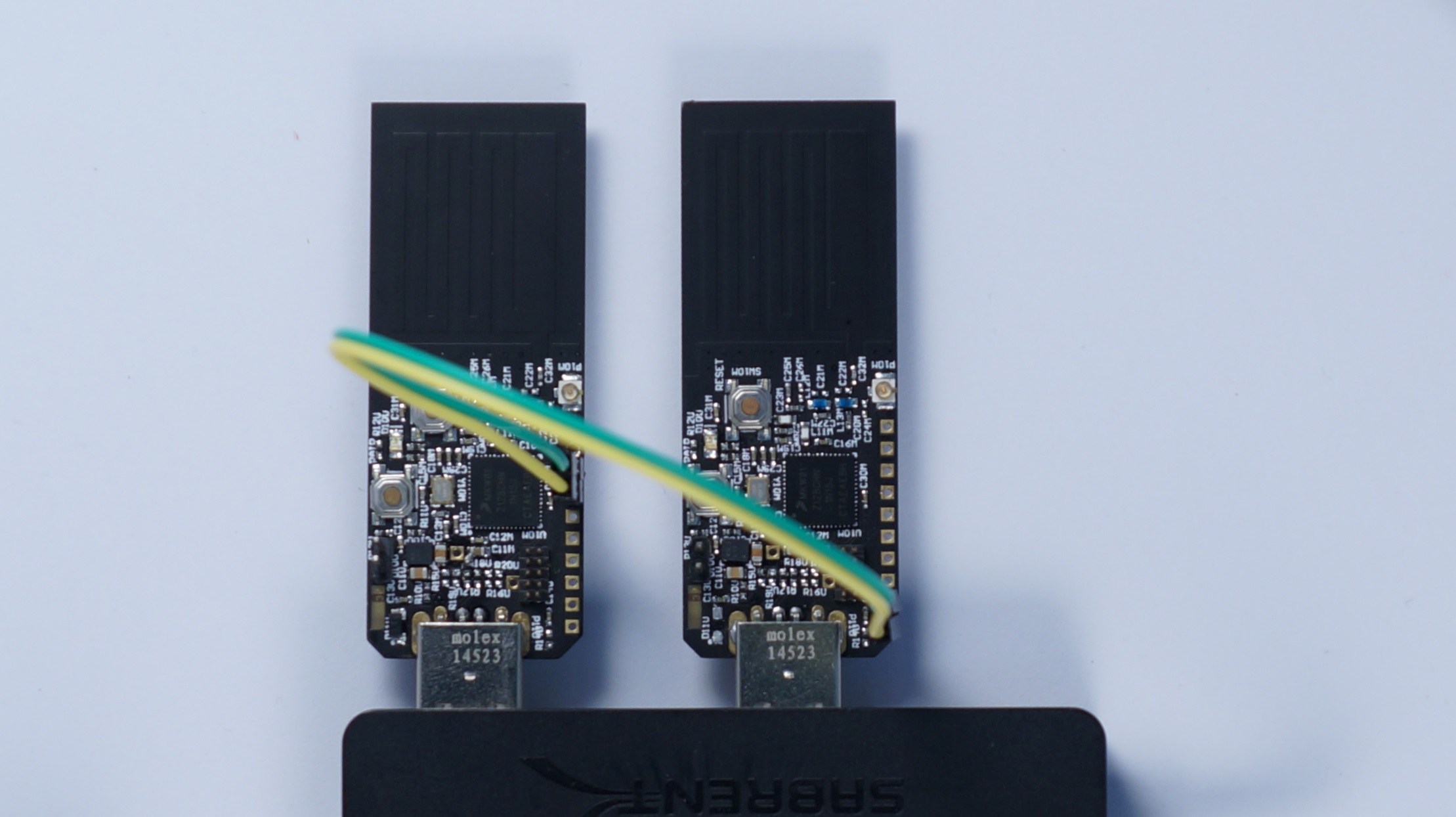
Low-Level C API
void grainuumConnect(struct GrainuumUSB *usb);
void grainuumDisconnect(struct GrainuumUSB *usb);
void grainuumReceivePacket(struct GrainuumUSB *usb); // (weak)
void grainuumCaptureI(struct GrainuumUSB *usb,
uint8_t packet[12]);
USB Packets

Reading: Responding
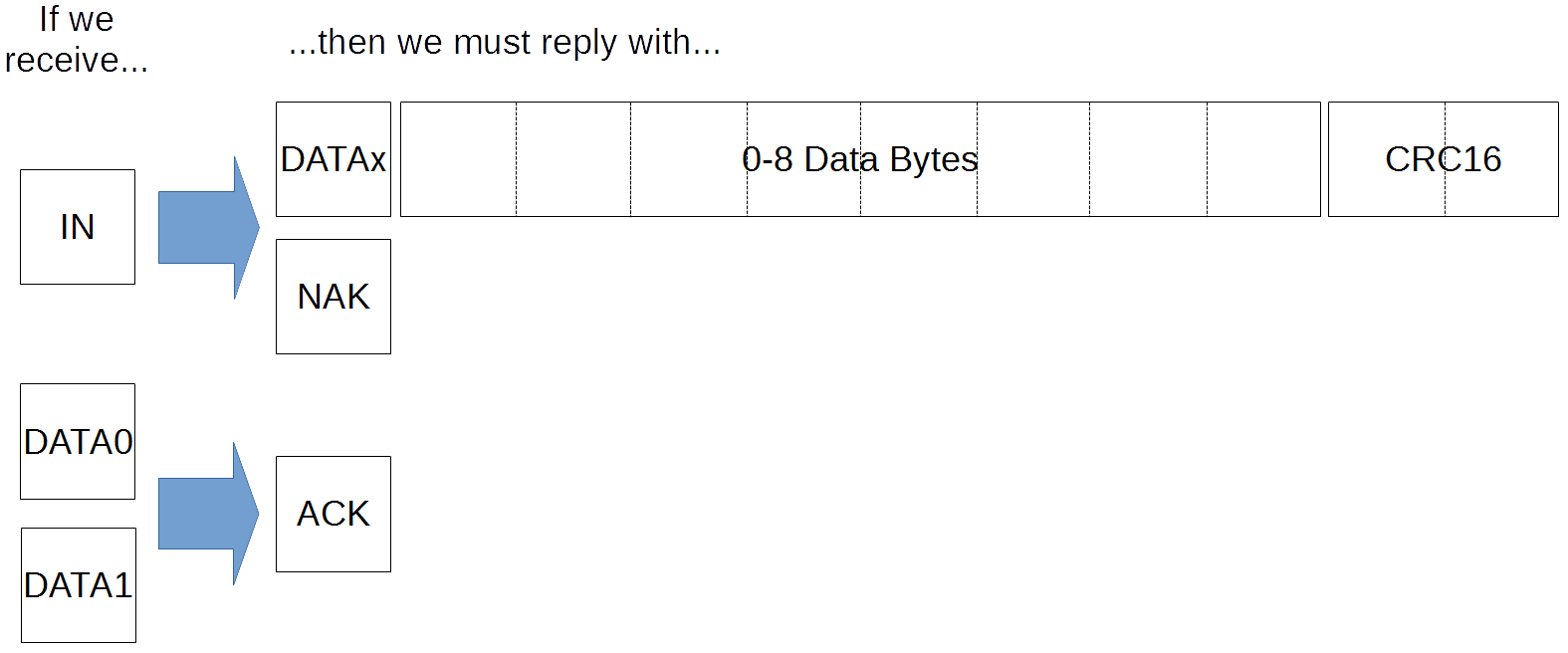
Tip: Clever array [mis]-alignment
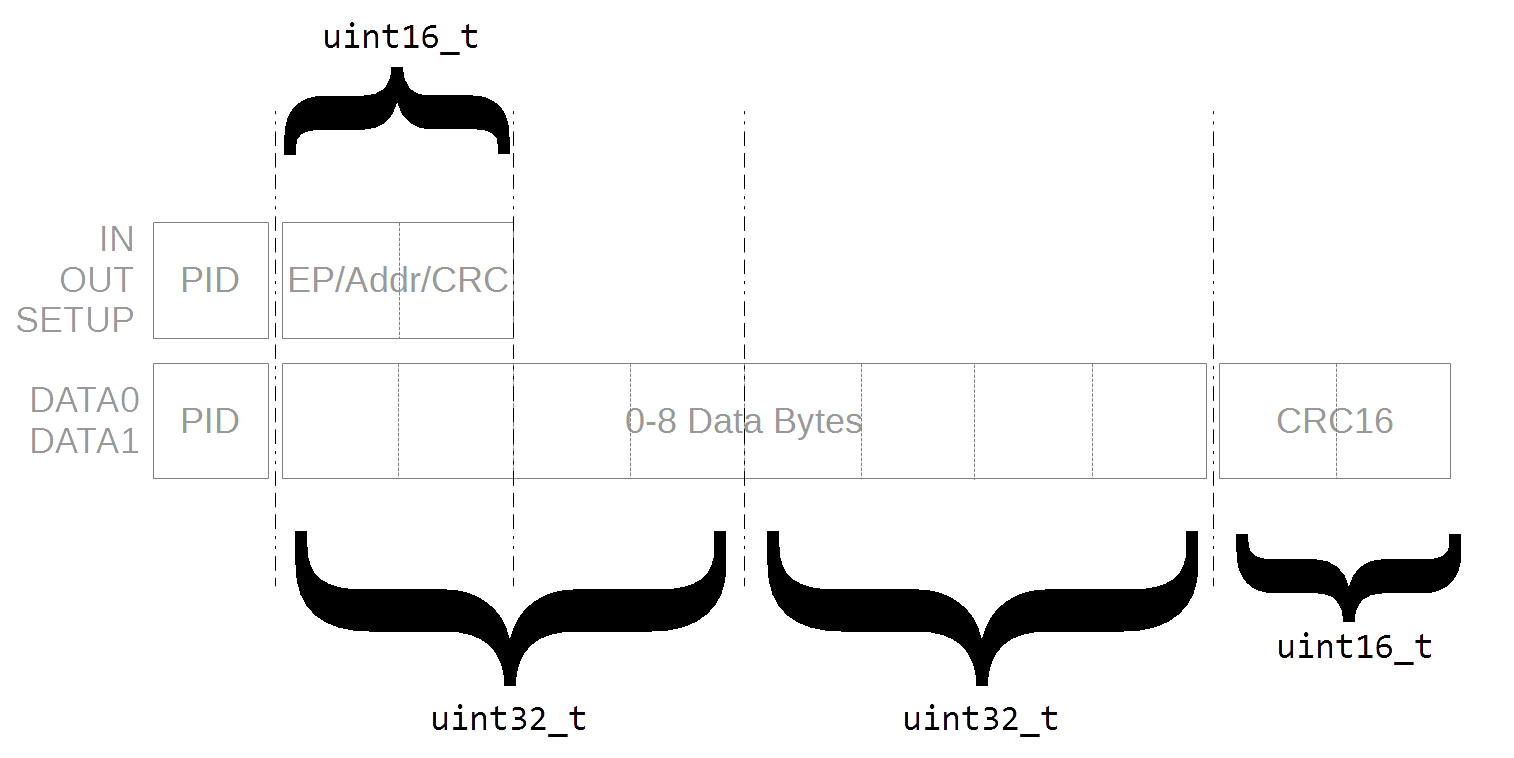
Use GRAINUUM_BUFFERs
Frames: What's important?
| Important | Not Important |
|---|---|
|
|
USB State Machine
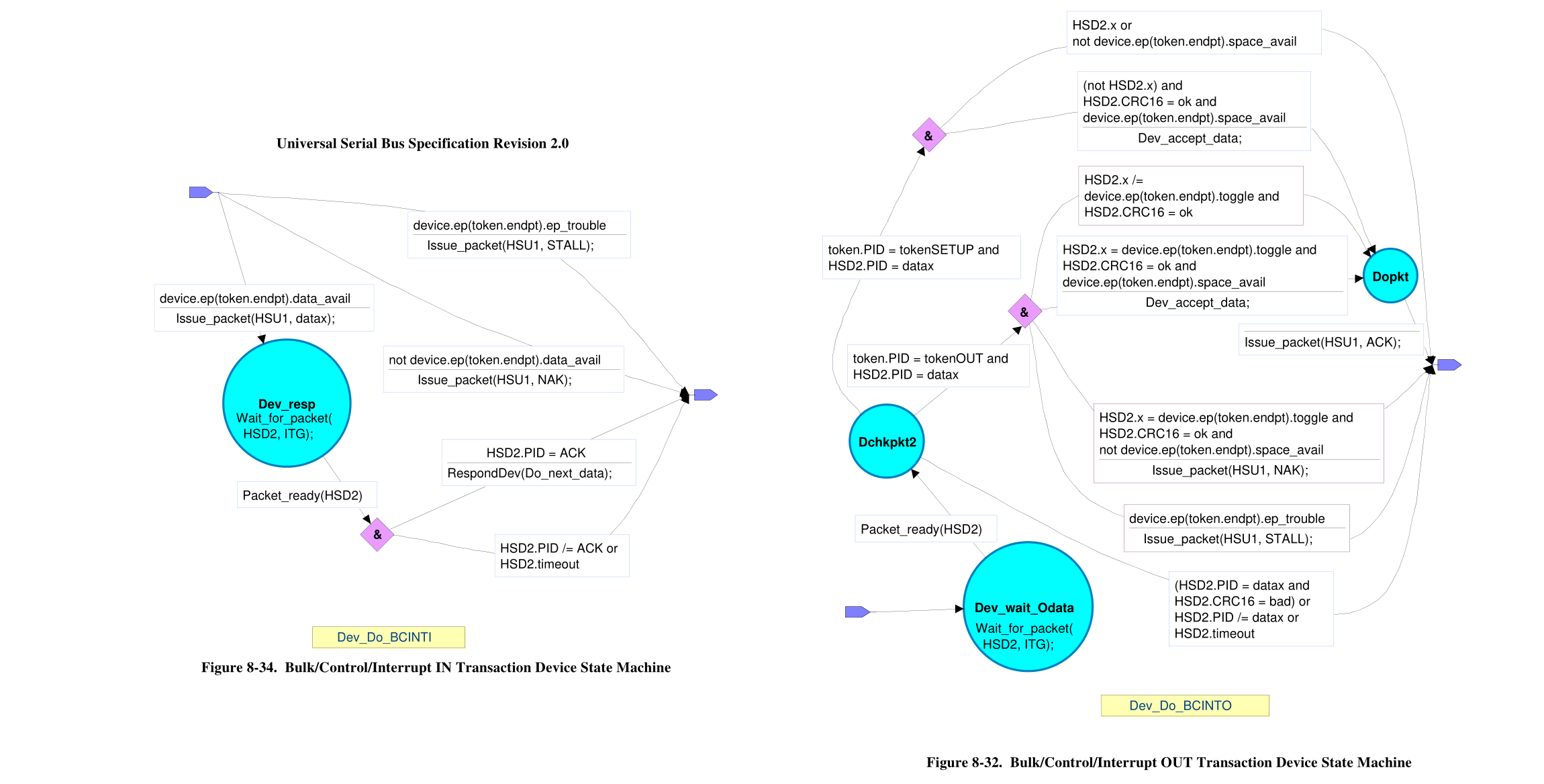
USB State Machine API
int grainuumSendData(struct GrainuumUSB *usb,
int epnum,
const void *data,
int size);
void grainuumProcess(struct GrainuumUSB *usb,
const uint8_t packet[12]);User Code
struct GrainuumConfig {
get_usb_descriptor_t getDescriptor;
usb_set_config_num_t setConfigNum;
usb_get_buffer_t getReceiveBuffer;
usb_data_in_t receiveData;
usb_data_out_start_t sendDataStarted;
usb_data_out_finish_t sendDataFinished;
void *data;
};| Important | Not Important |
|---|---|
|
|
Setup process
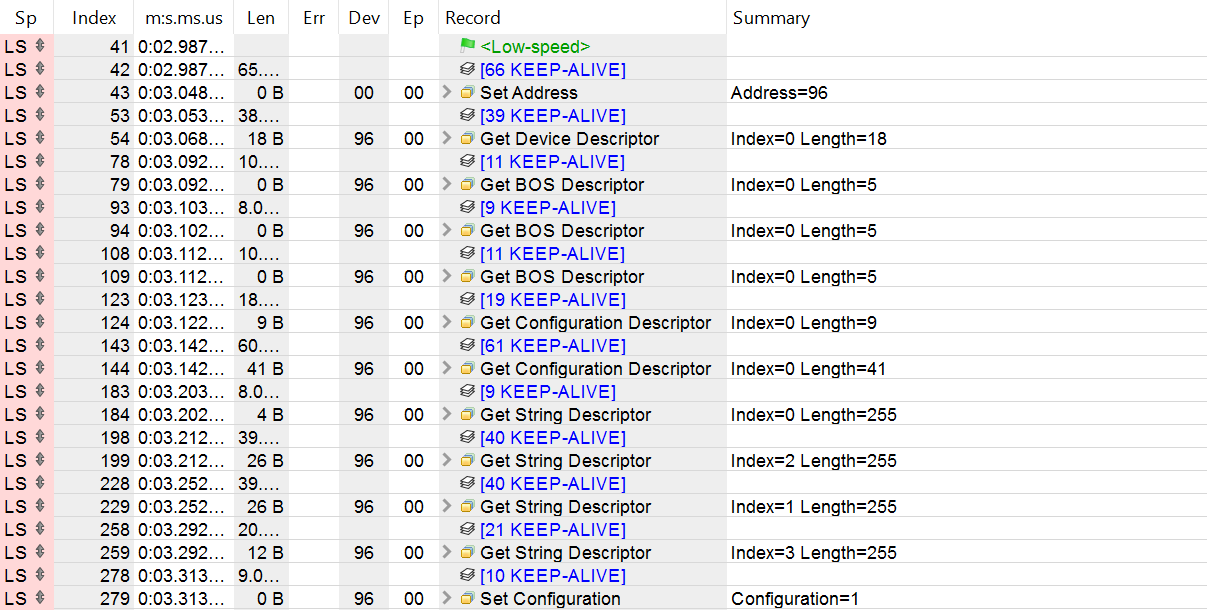
Annoyance: Breaking into the debugger sometimes kills USB
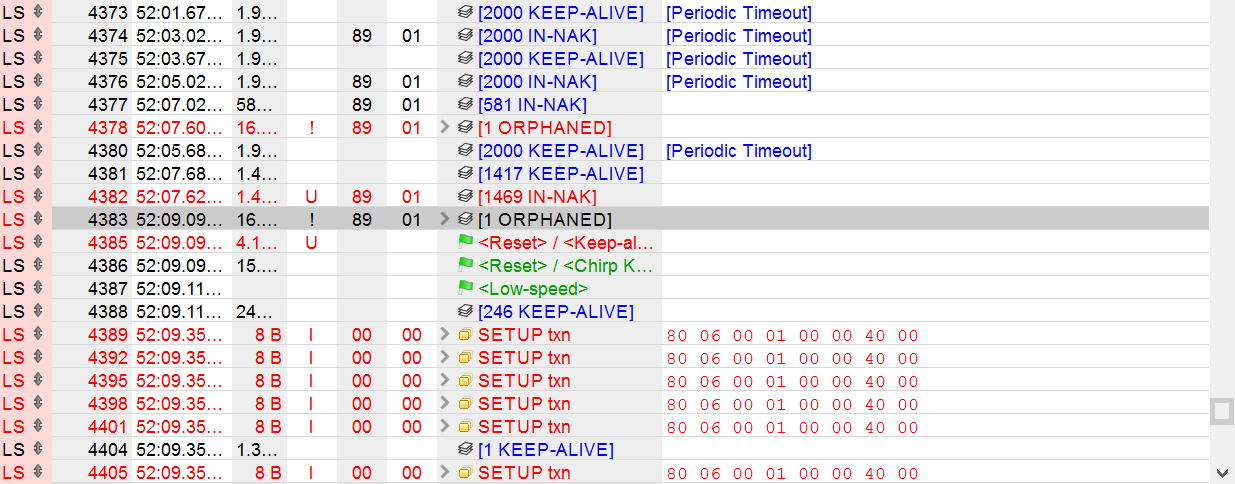
Tip: Global variables are handy
int loop_count;
void loop(void) {
loop_count++;
}(gdb) load
'minimal.elf' has changed; re-reading symbols.
Loading section .text, size 0x1b0 lma 0x5900
Loading section .data, size 0x3a8 lma 0x5ab0
Start address 0x5938, load size 1368
Transfer rate: 5 KB/sec, 684 bytes/write.
(gdb) c
Continuing.
^C
Program received signal SIGINT, Interrupt.
0x0000141c in ?? ()
(gdb) p loop_count
$1 = 91
(gdb)Tip: Easier debugging
(gdb) b chSysLockBreakpoint 1 at 0x3c (49 locations)(gdb) info break Num Type Disp Enb Address What 1 breakpoint keep y <MULTIPLE> 1.1 y 0x0000003c <_vectors+60> 1.2 y 0x00002030 in radioSend at ../os/ext/CMSIS/include/core_cmFunc.h:342 1.3 y 0x000021ca in usb_worker_thread at ../os/ext/CMSIS/include/core_cmFunc.h:342 1.4 y 0x00003018 in lockSystem at ../os/ext/CMSIS/include/core_cmFunc.h:342 1.5 y 0x0000309a in suspendThread at ../os/ext/CMSIS/include/core_cmFunc.h:342 1.6 y 0x000030da in suspendThreadTimeout at ../os/ext/CMSIS/include/core_cmFunc.h:342 ...(gdb) c Continuing. Note: automatically using hardware breakpoints for read-only addresses. Cannot insert hardware breakpoint 1. ... Cannot insert hardware breakpoint 1. Could not insert hardware breakpoints: You may have requested too many hardware breakpoints/watchpoints. (gdb)
Borrow from Javascript
#define debugger asm("bkpt #0")uint8_t USB_Available(uint8_t ep) {
if (rx_buffer_tail == rx_buffer_head) {
debugger;
return 0;
}
if (ep != rx_buffer_eps[rx_buffer_tail]) {
debugger;
return 0;
}
return 1;
}What Now?
Possible Device Types
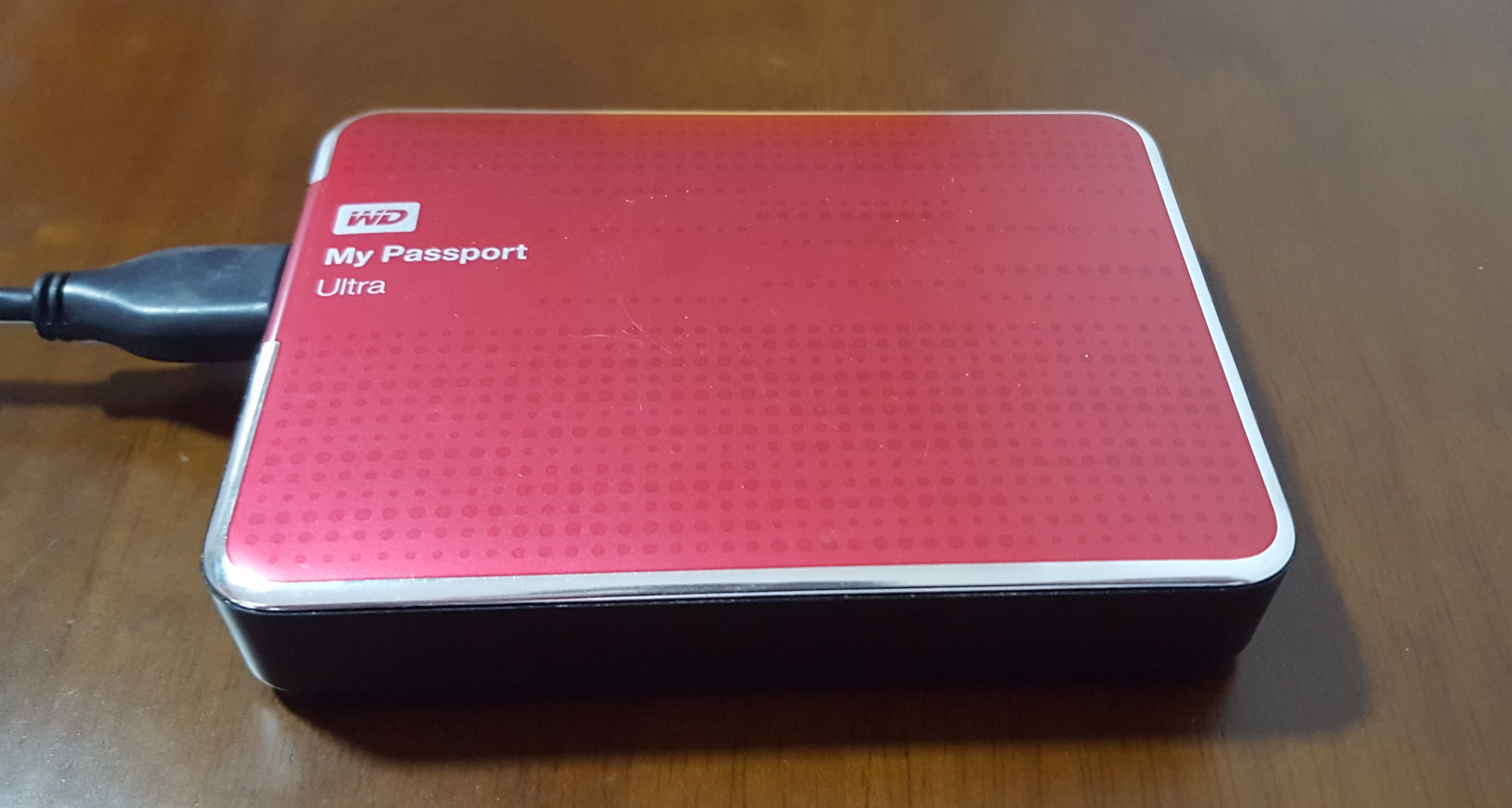
Possible Device Types
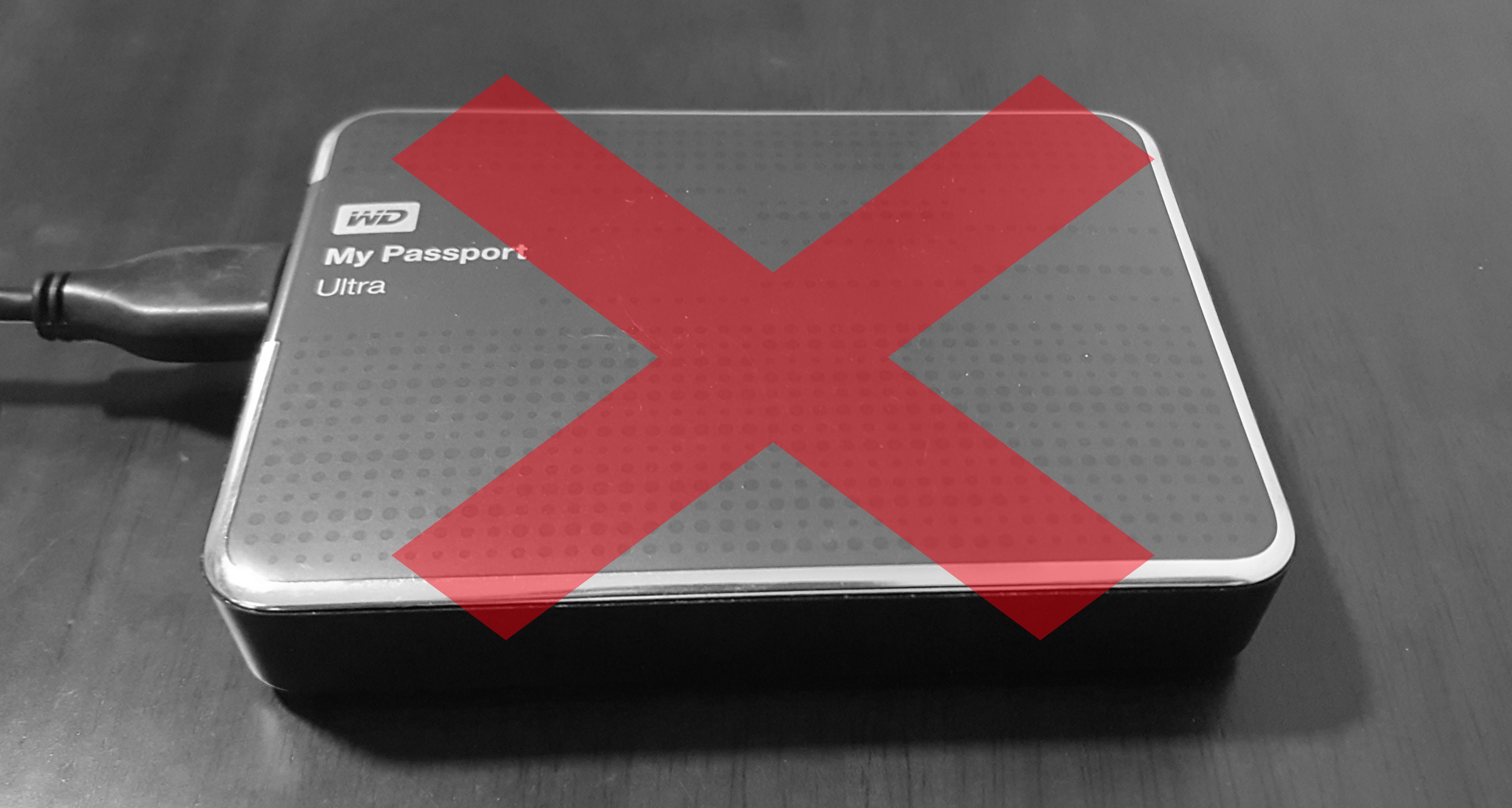
Possible Device Types
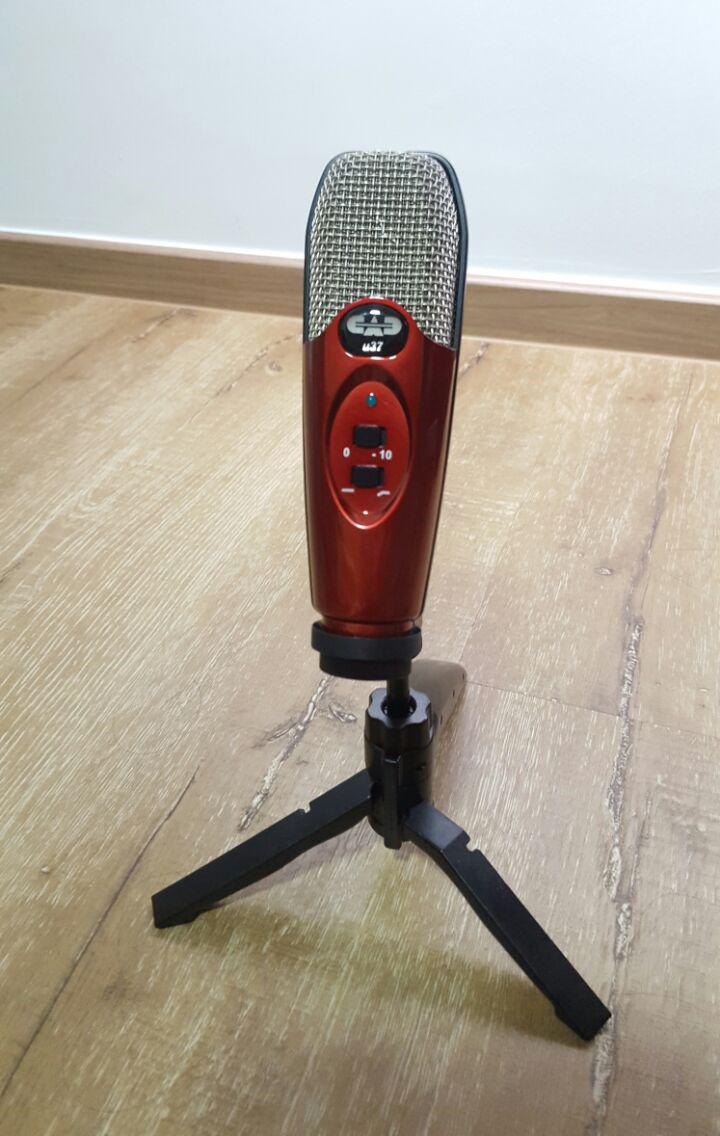
Possible Device Types
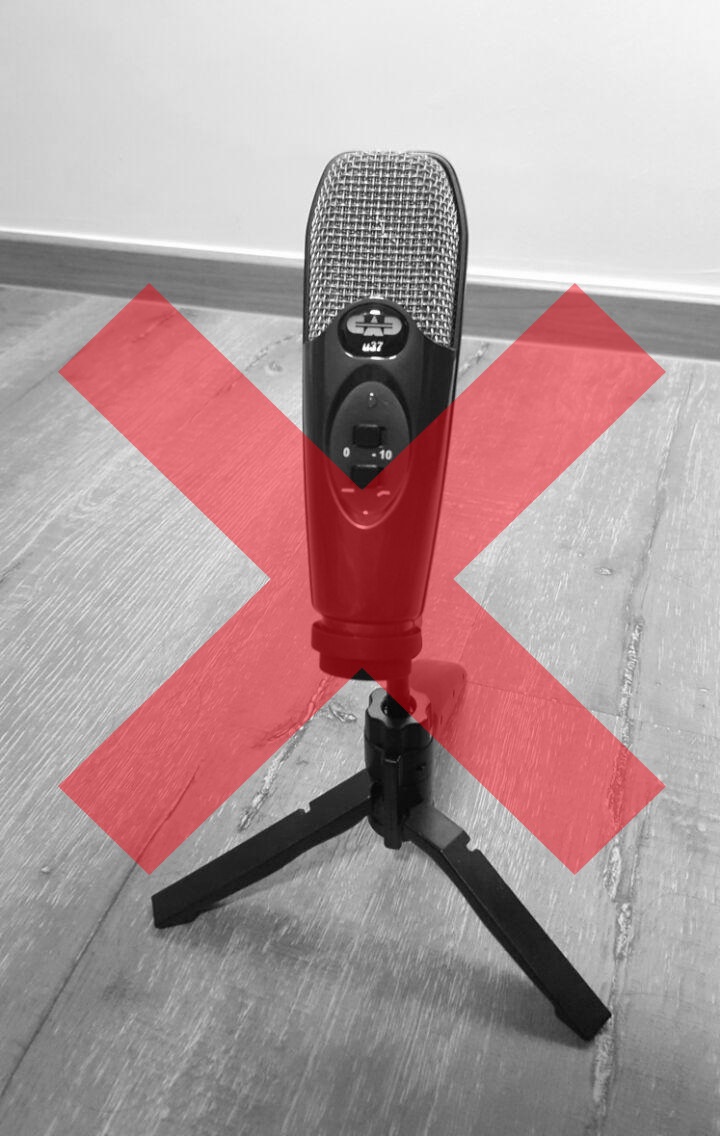
Possible Device Types
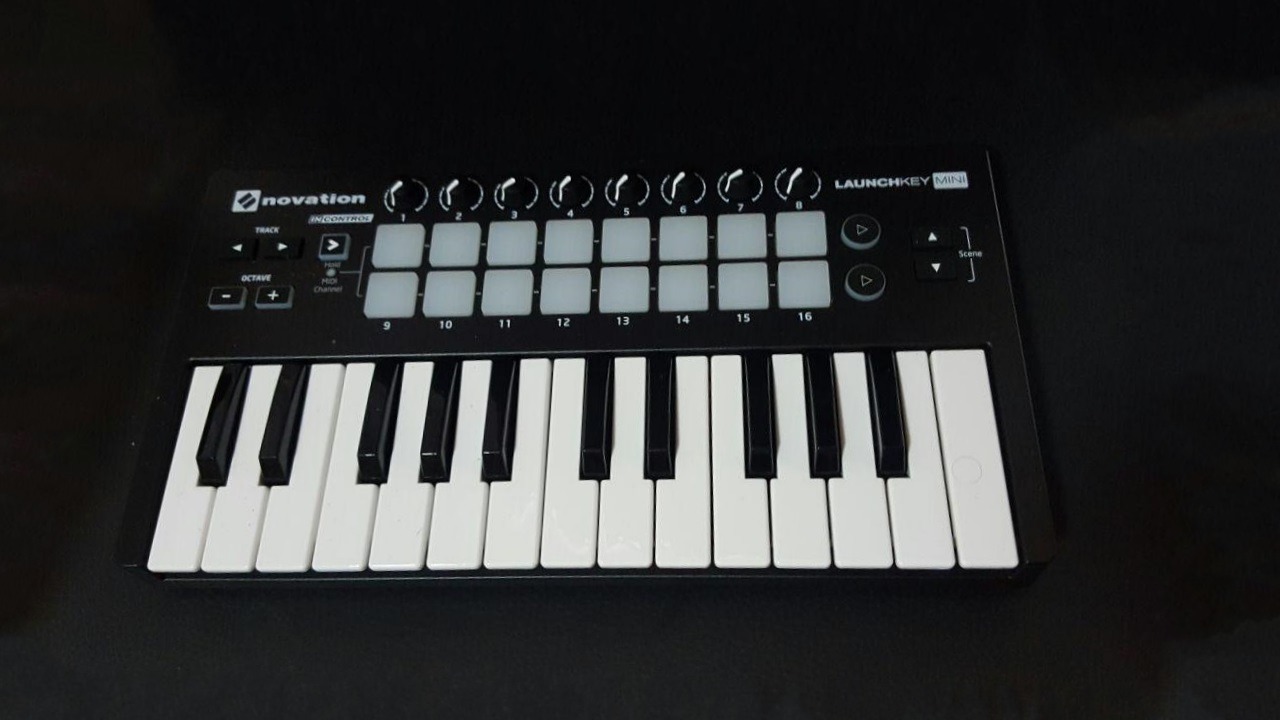
Possible Device Types
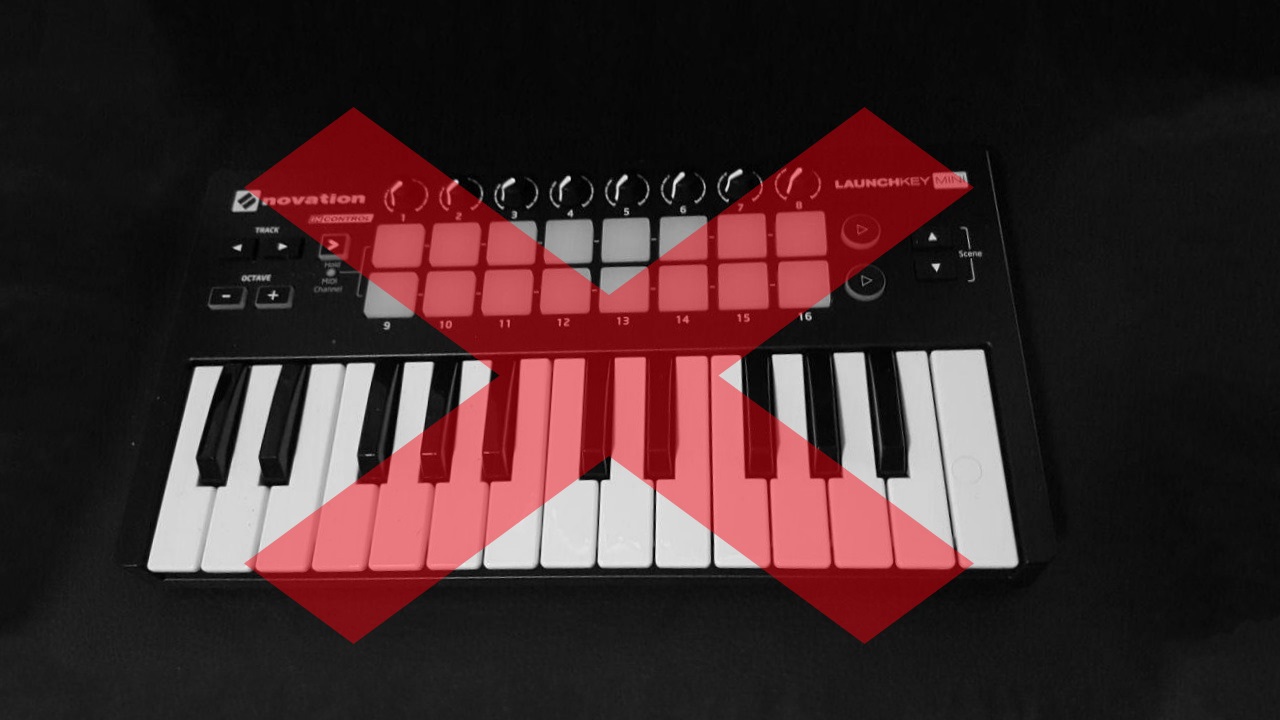
So what can we do?
Possible Device Types
[DFU?]Possible Device Types
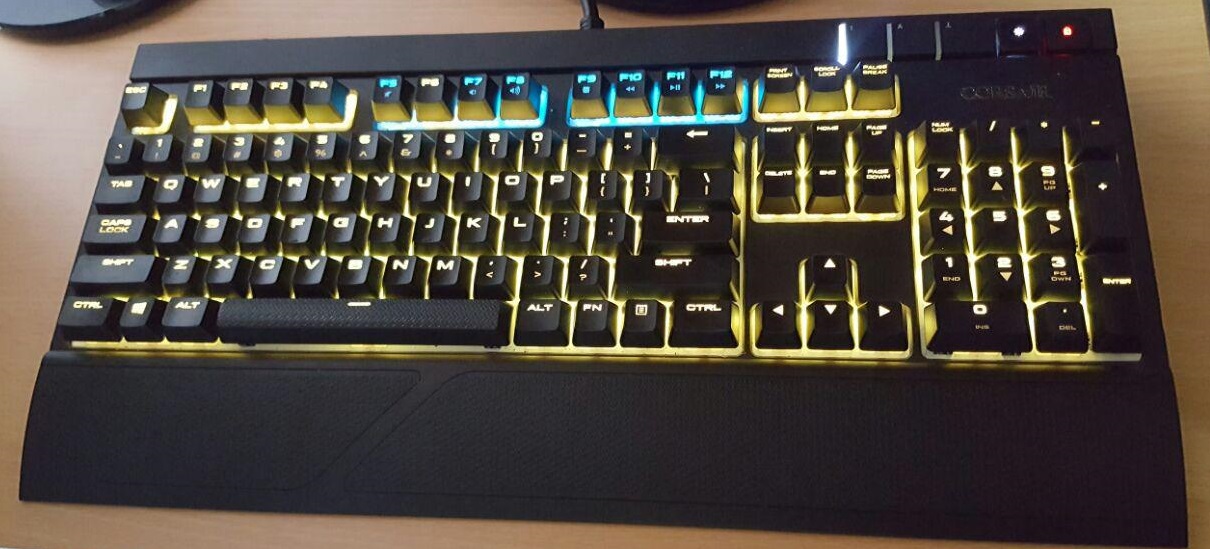
Possible Device Types
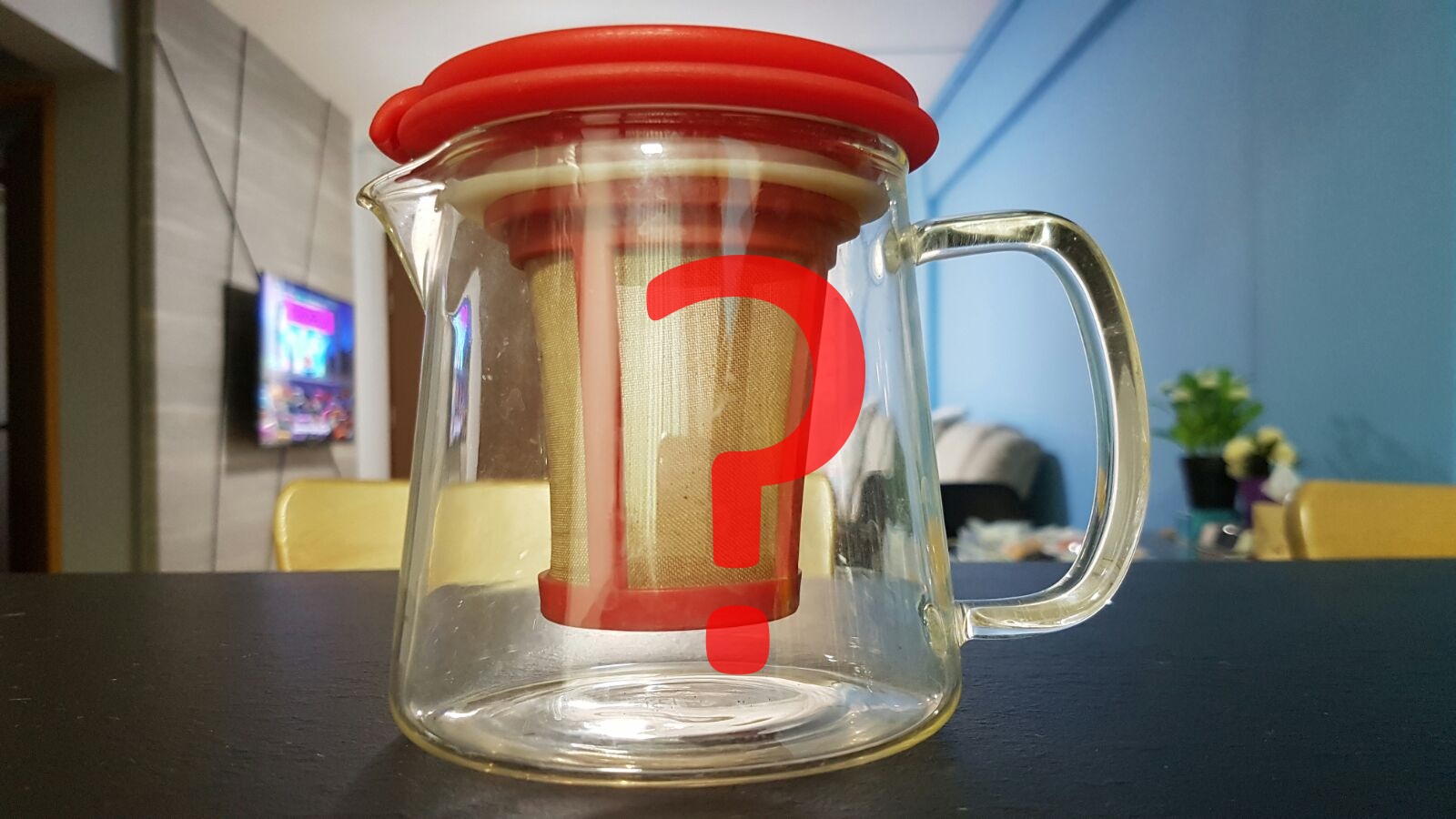
bcdTeapot = 0x0418;
Photo © 2016 Foosn PTE Ltd.
USB HID devices are "easy"
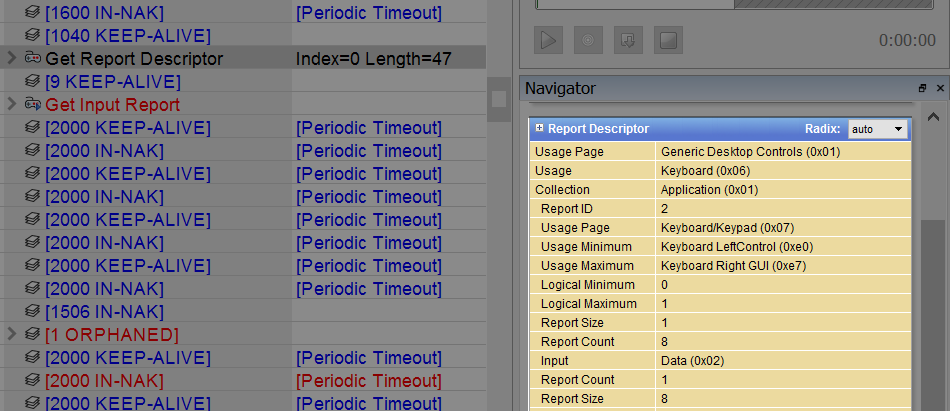
HID is "easy" on Windows
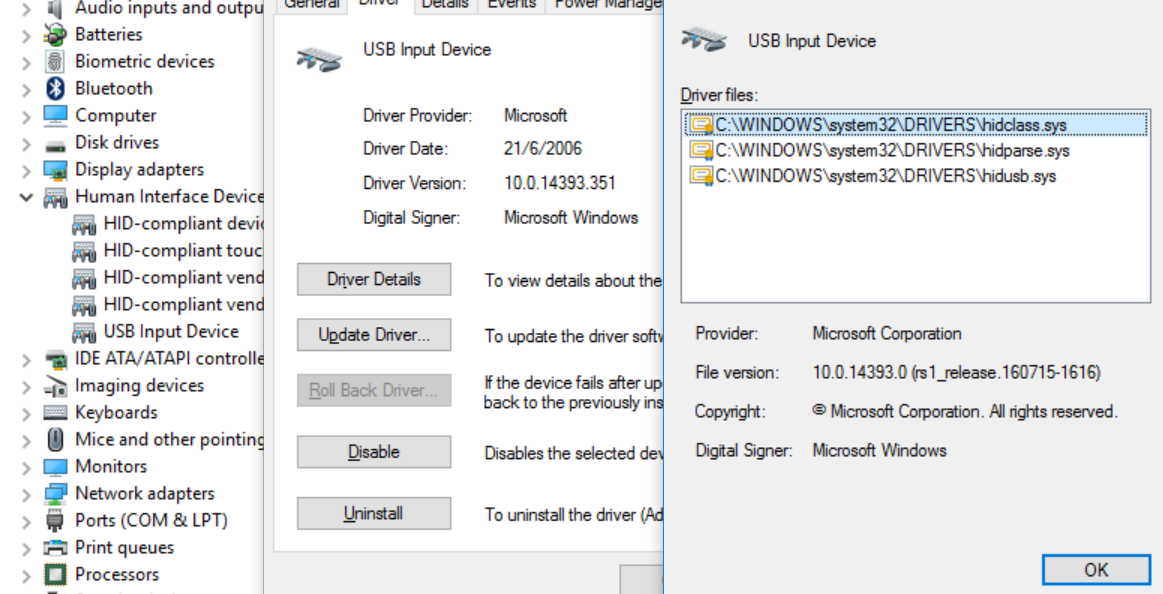
HID Isn't Super Fast
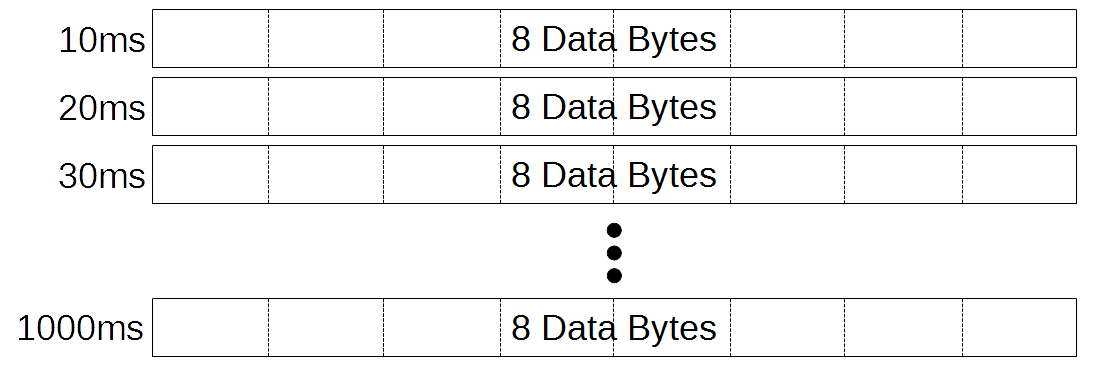
= 800 bytes/sec
Current Project Status
- Reliable bidirectional tranfers
- Common codebase for multiple projects
Port: Palawan
 ChibiOS, polling using system timer.
ChibiOS, polling using system timer.
Port: Joyboot

Micah Scott / scanlime
Polling in main loop
Port: Love-to-Code
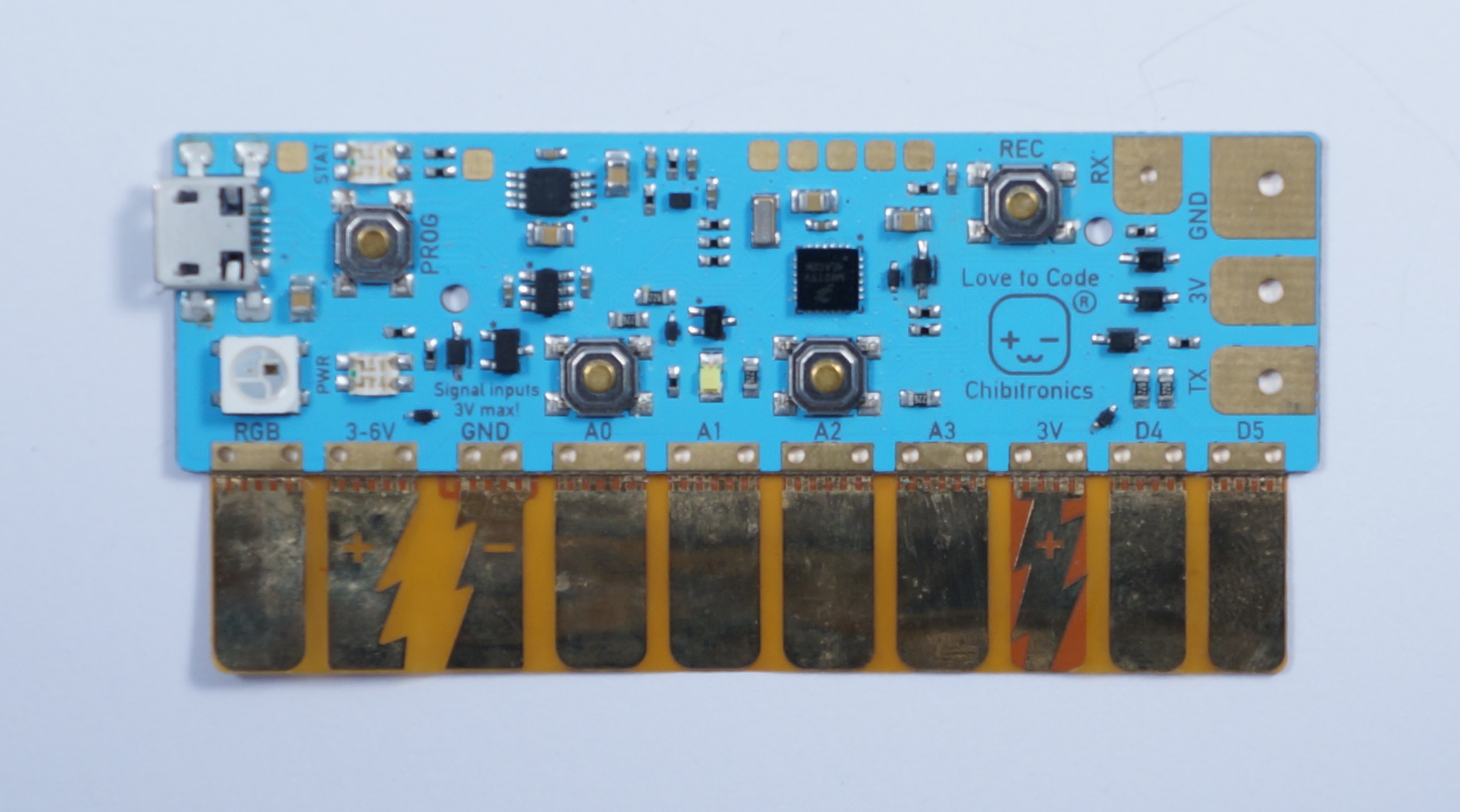 Tomorrow at 4pm
Tomorrow at 4pm
What About Multi-Threading?
(gdb) info thr
Id Target Id Frame
3 Thread 536871048 (USB poll thread : READY) chSchGoSleepS (
newstate=newstate@entry=0 '\000') at ../os/rt/src/chschd.c:270
2 Thread 536872776 (user code : CURRENT) 0x00004850 in can_use_pin (pin=<optimized out>)
at arduino-io.c:116
* 1 Thread 536870228 (main : READY) 0x00004850 in can_use_pin (pin=<optimized out>)
at arduino-io.c:116
(gdb)Future work
- Fully-functional updater
- GUI for updating
- More platform testing
Produce Palawan Hardware
...with functioning updater